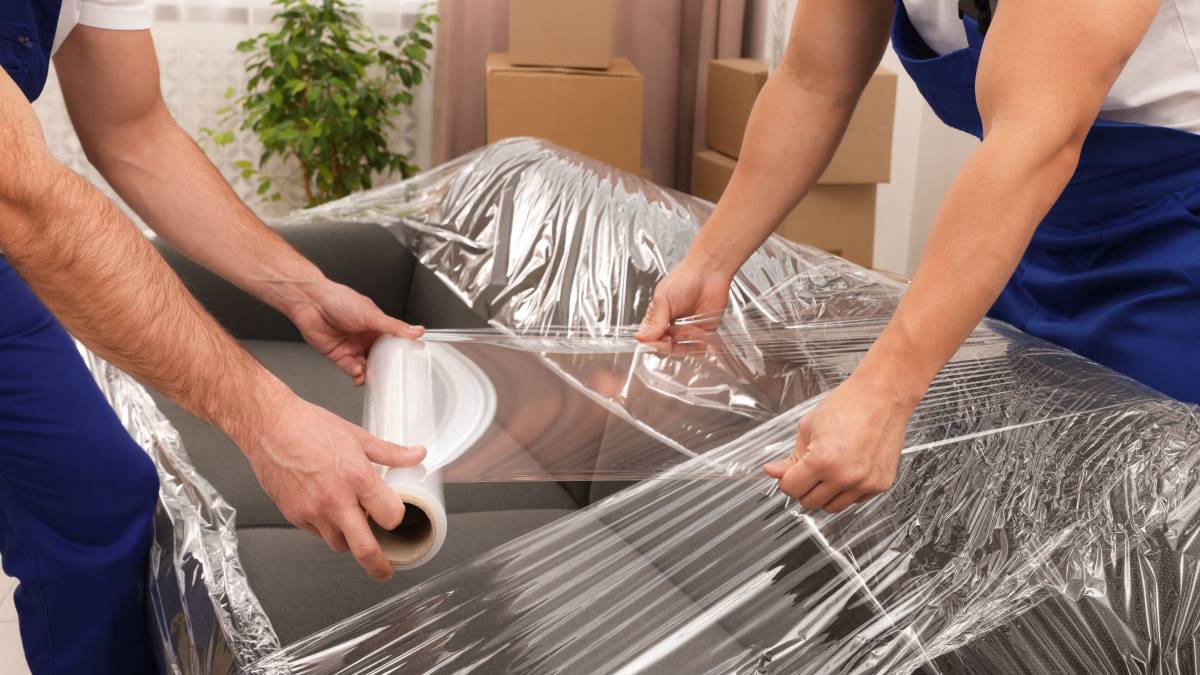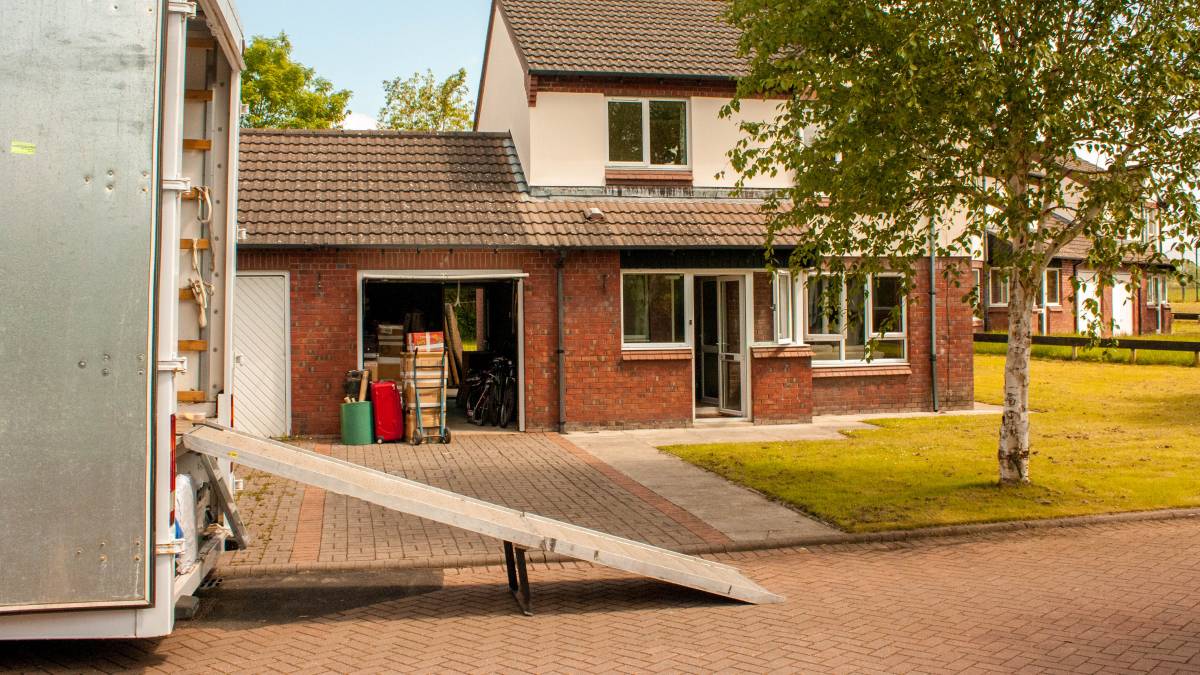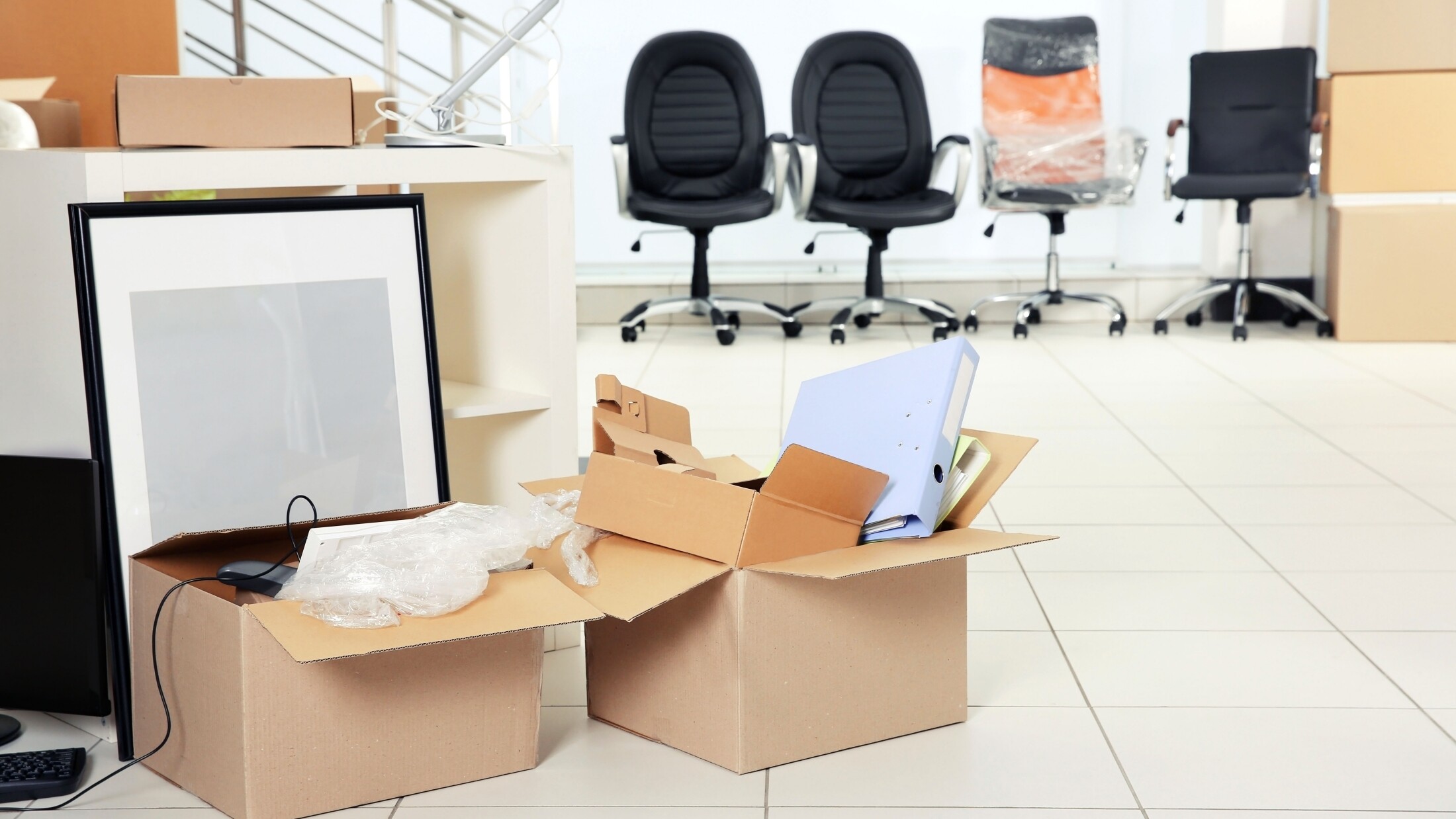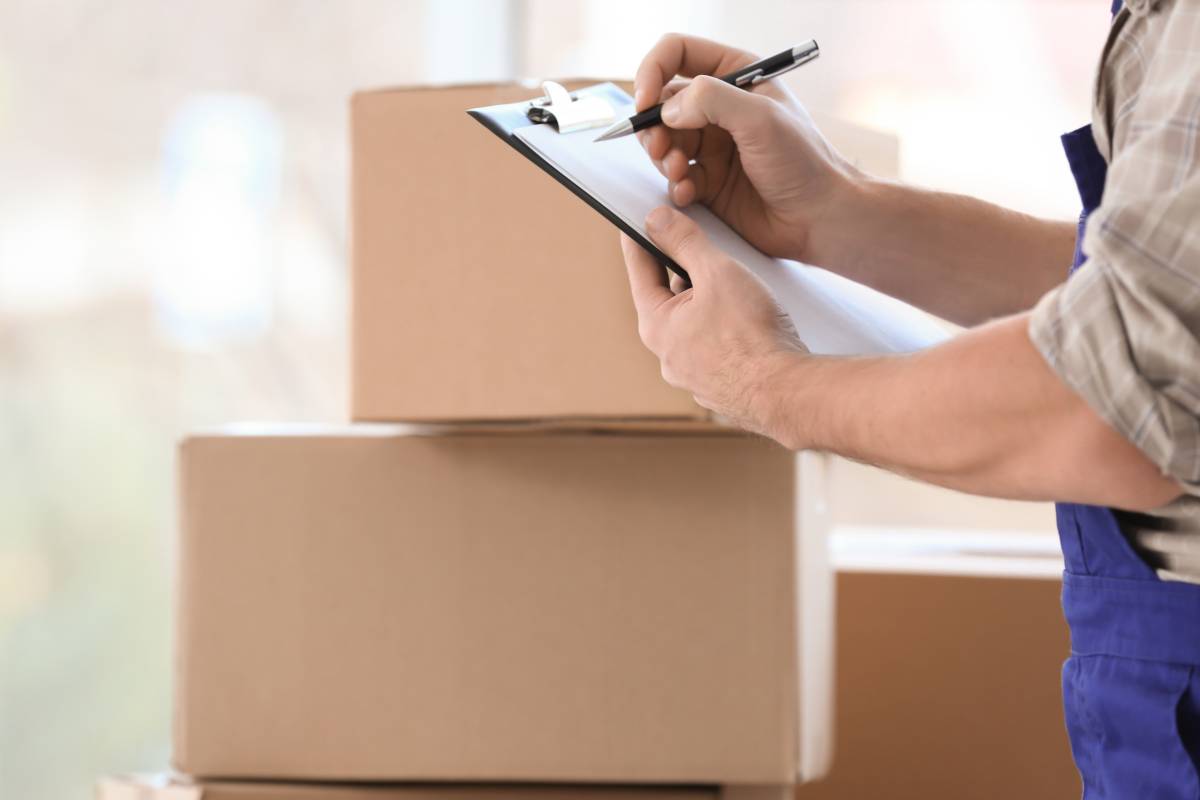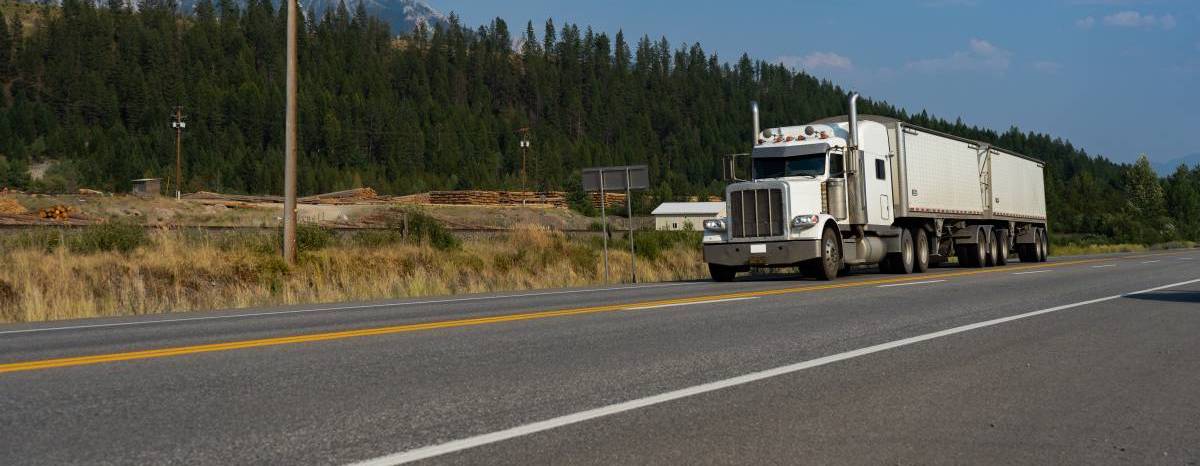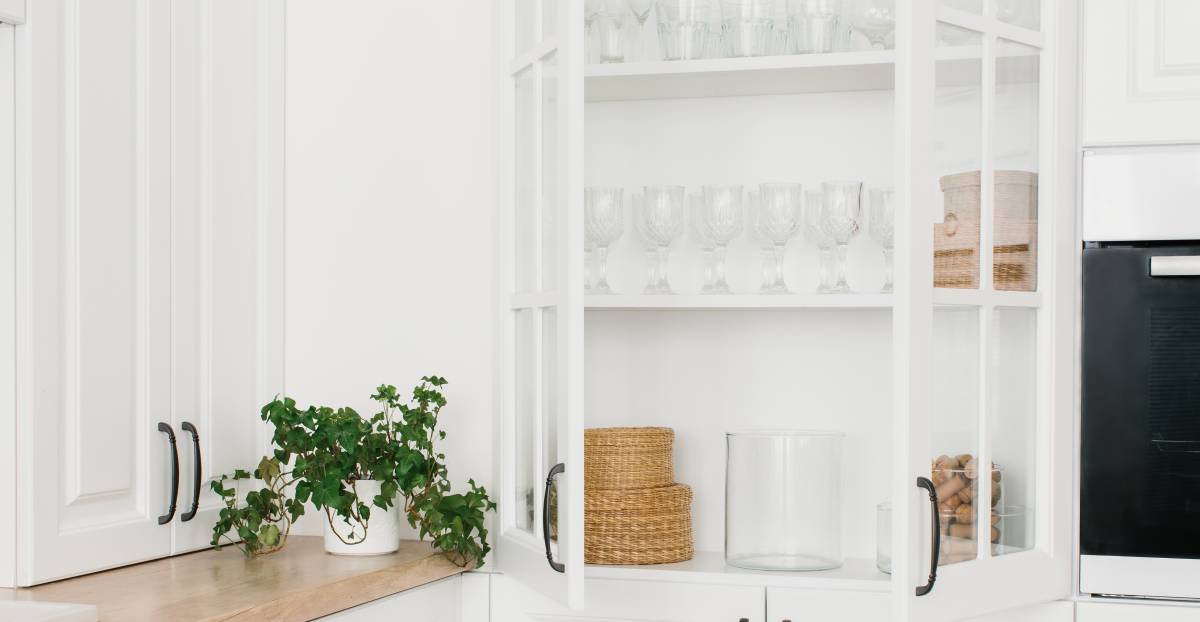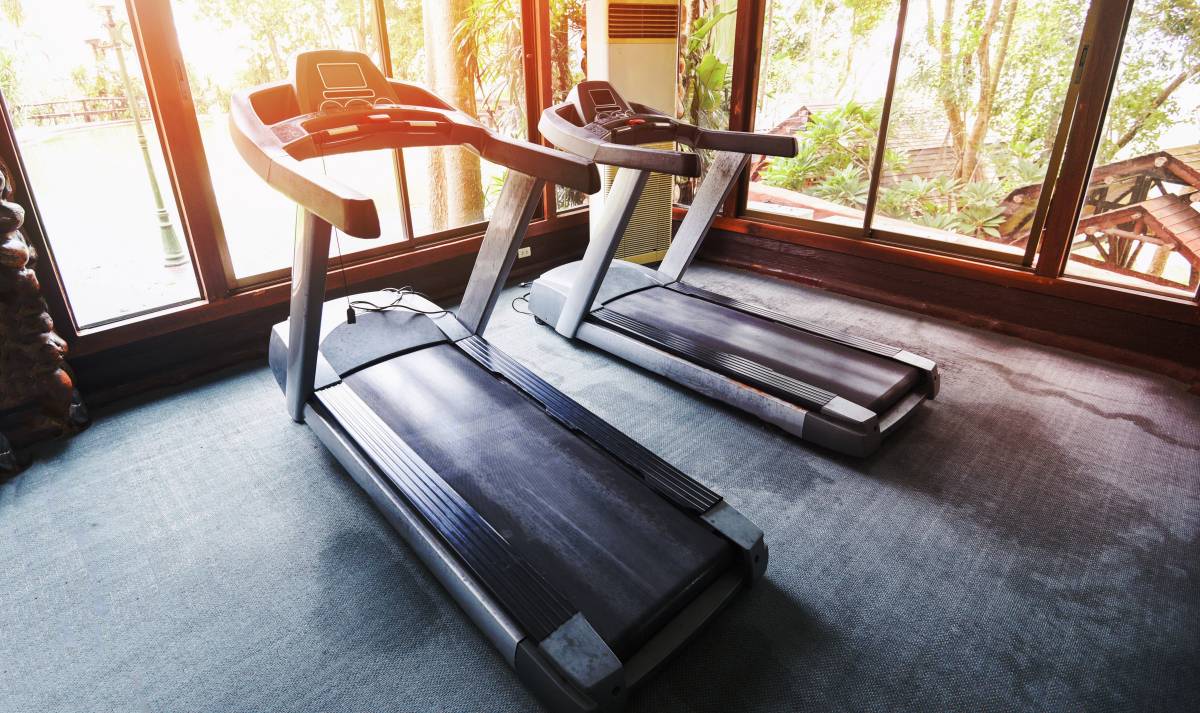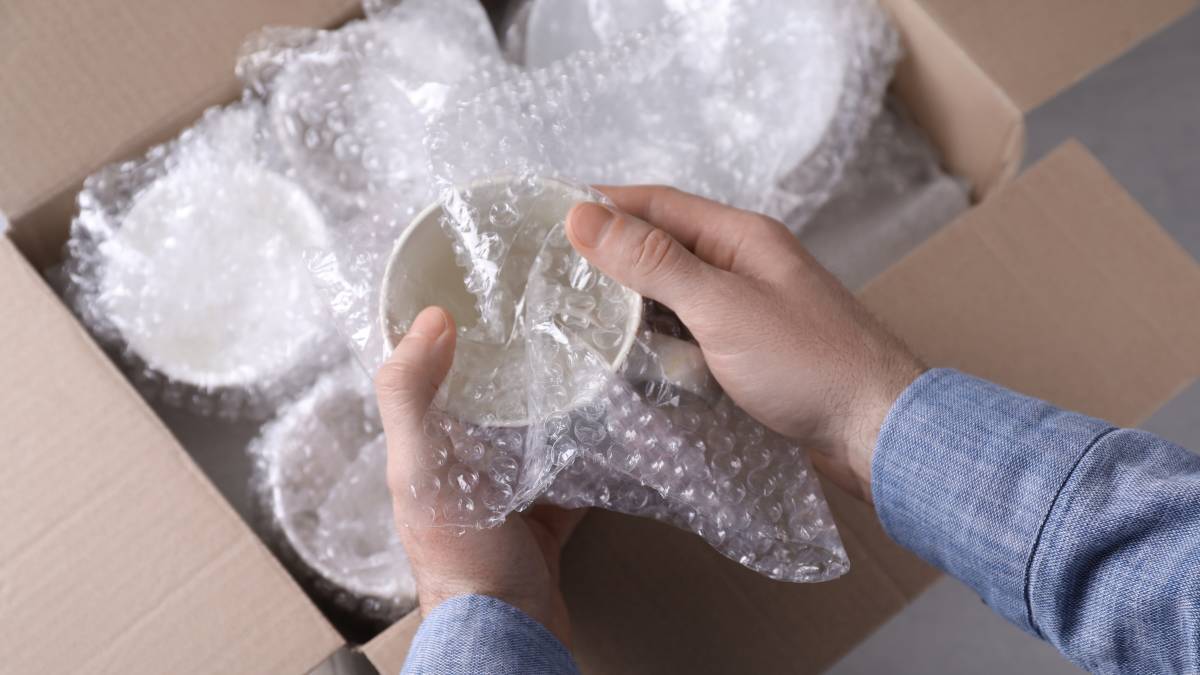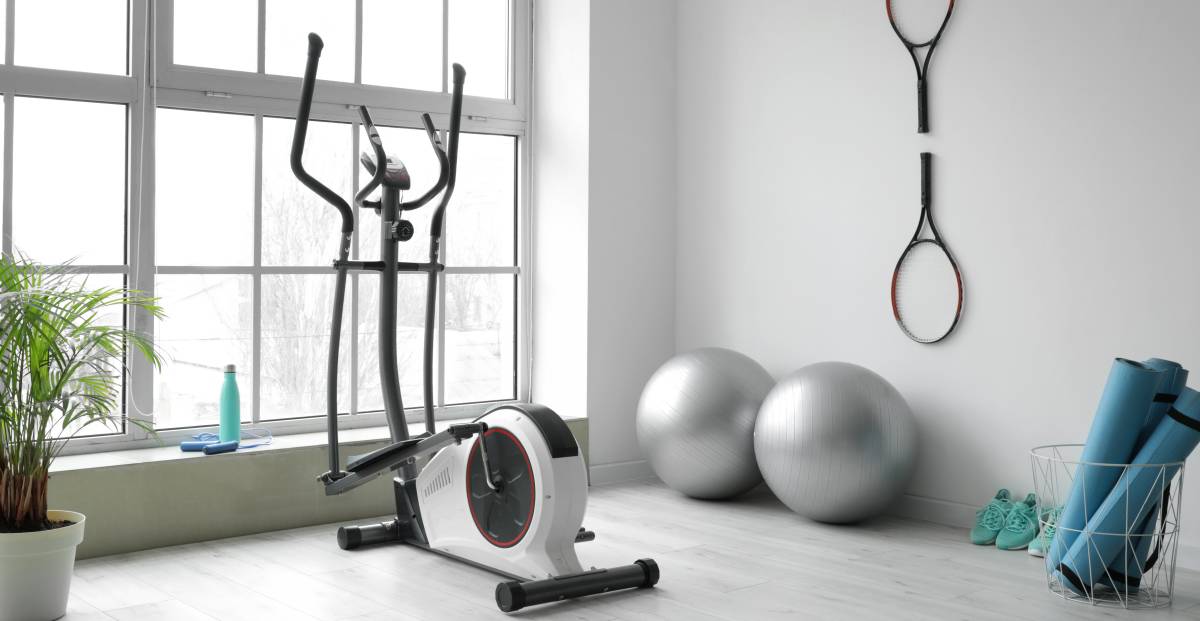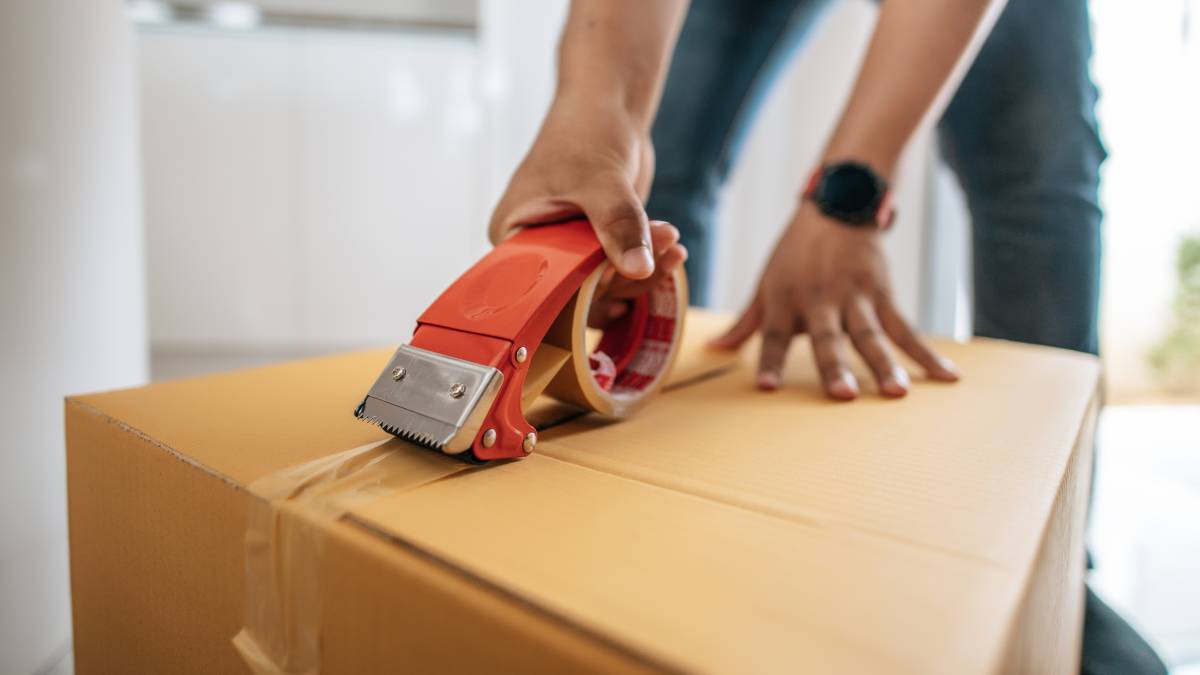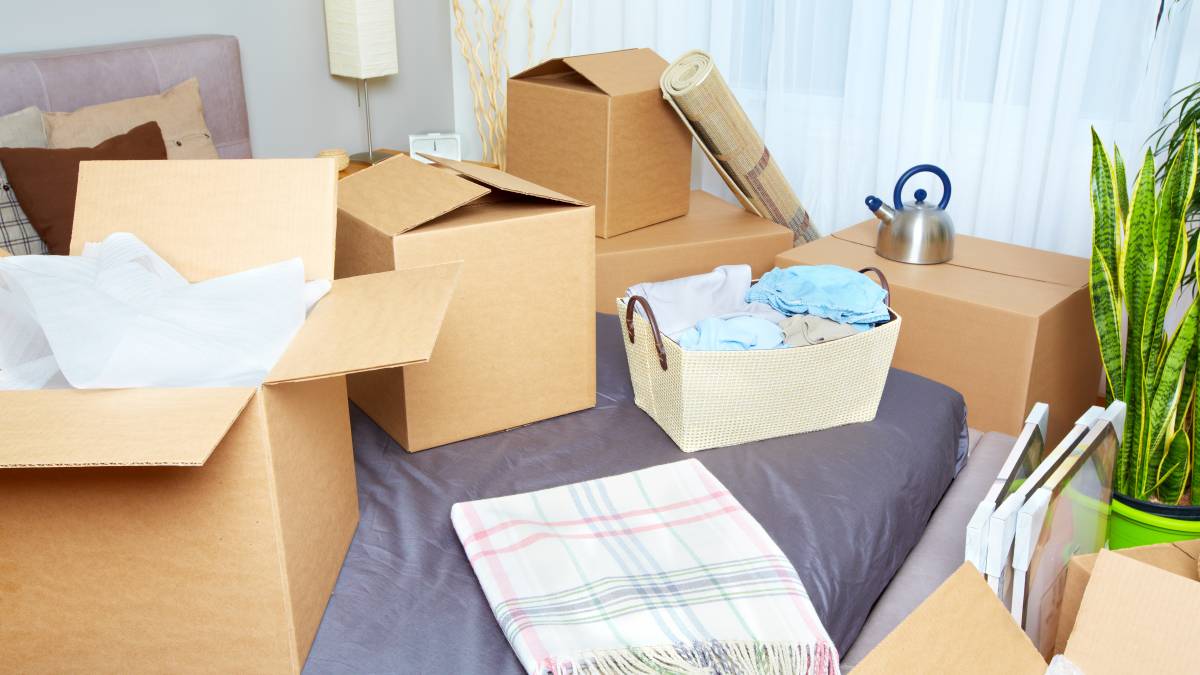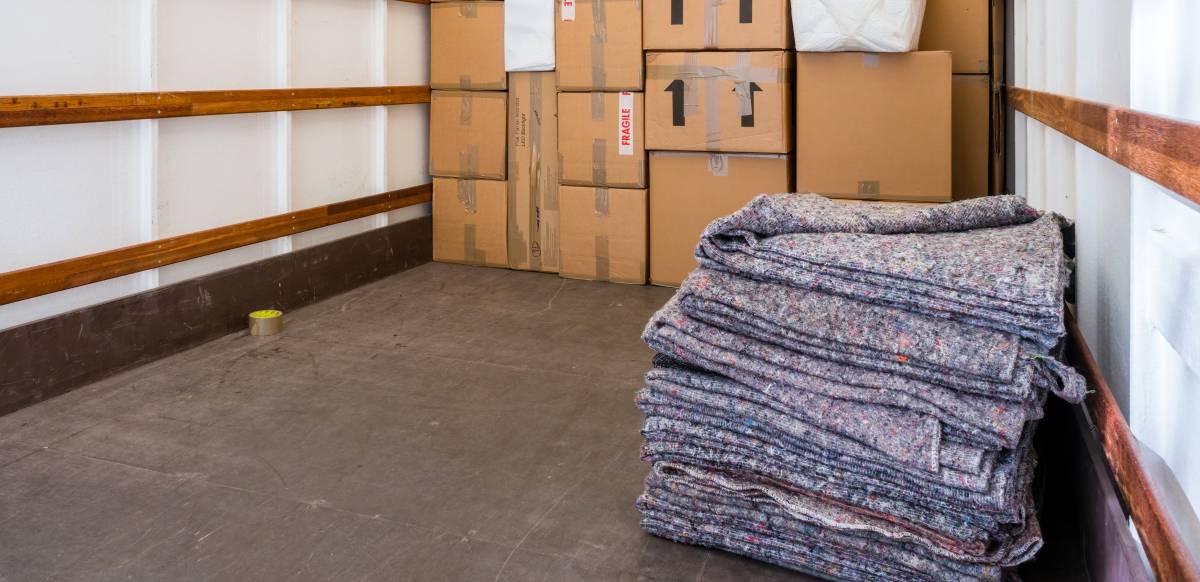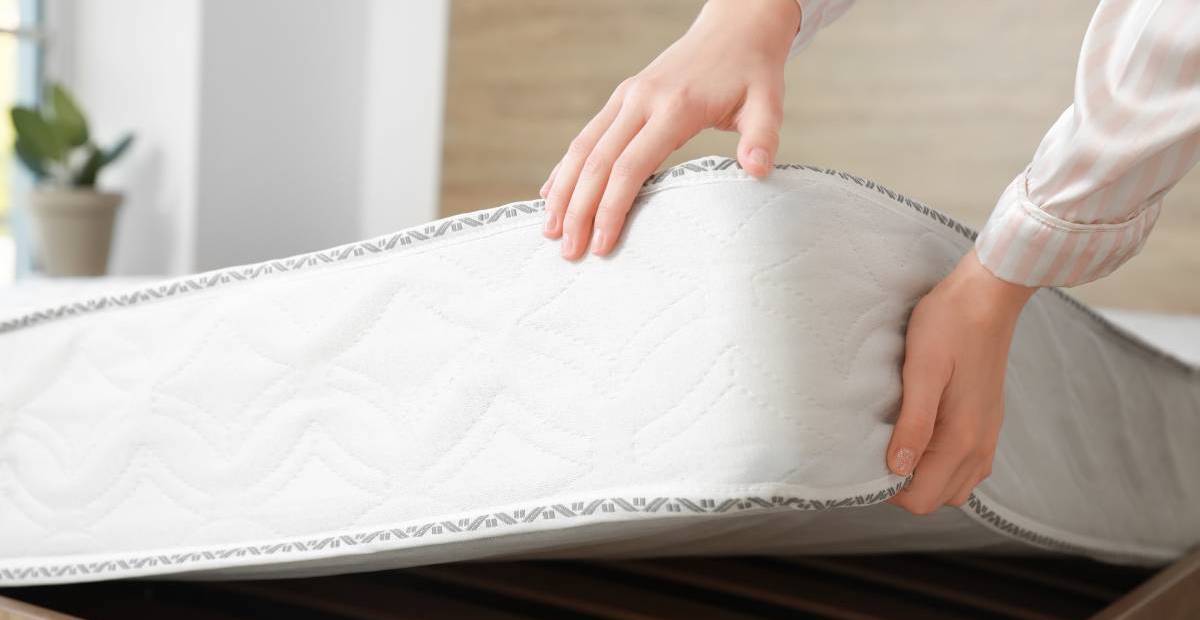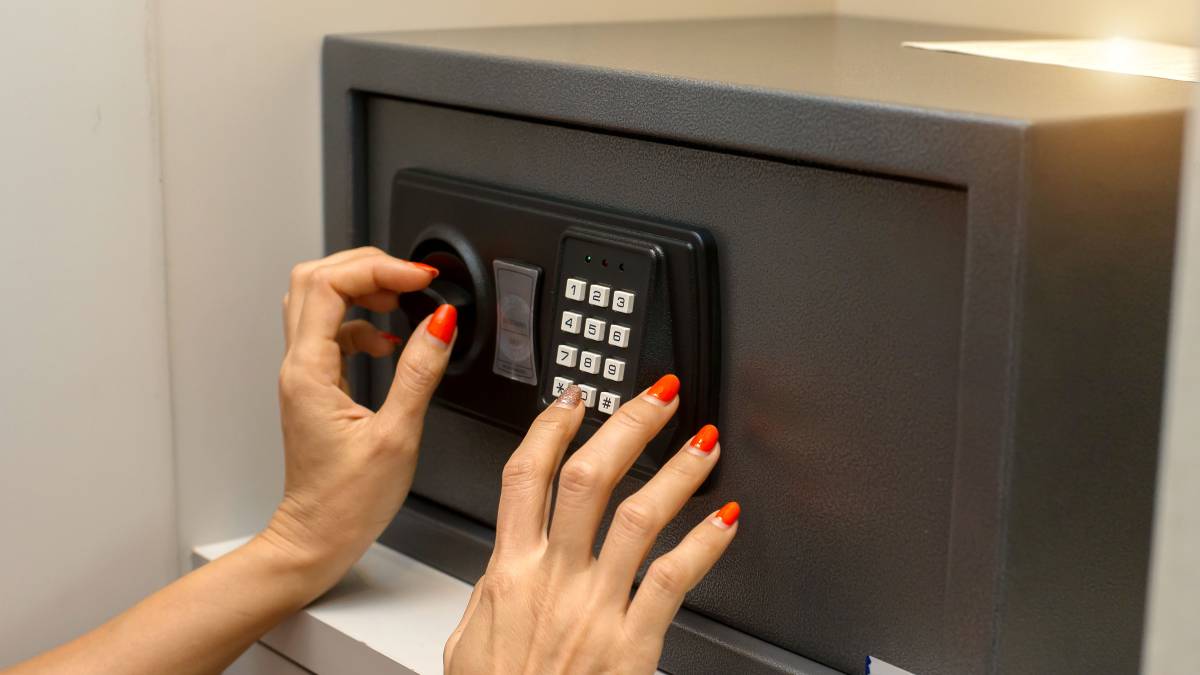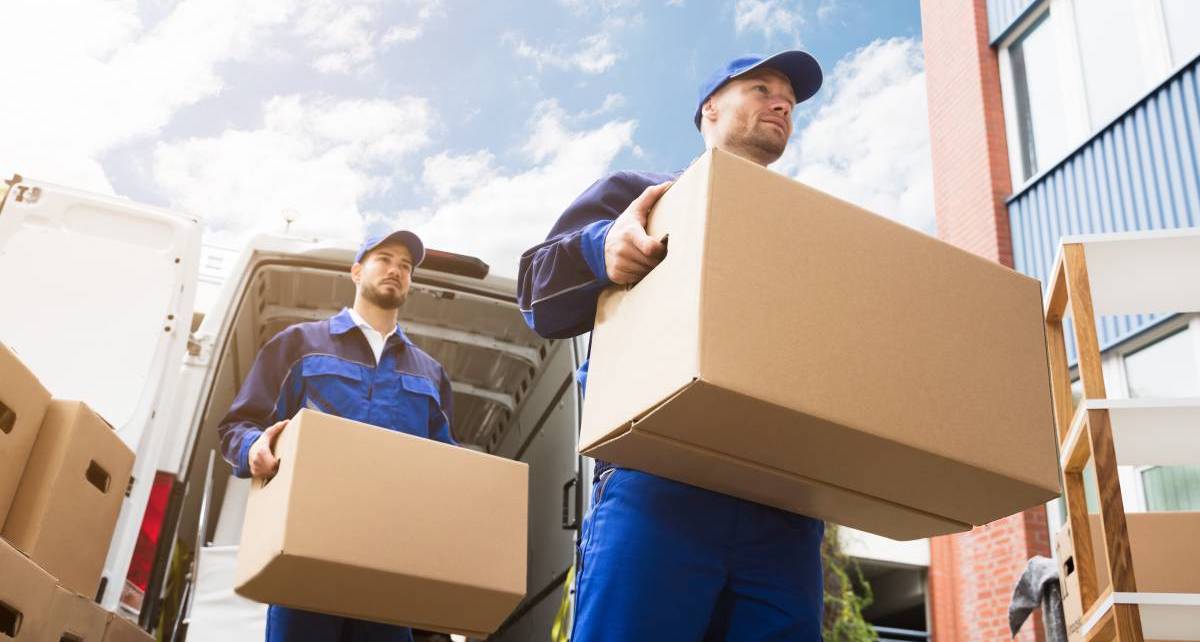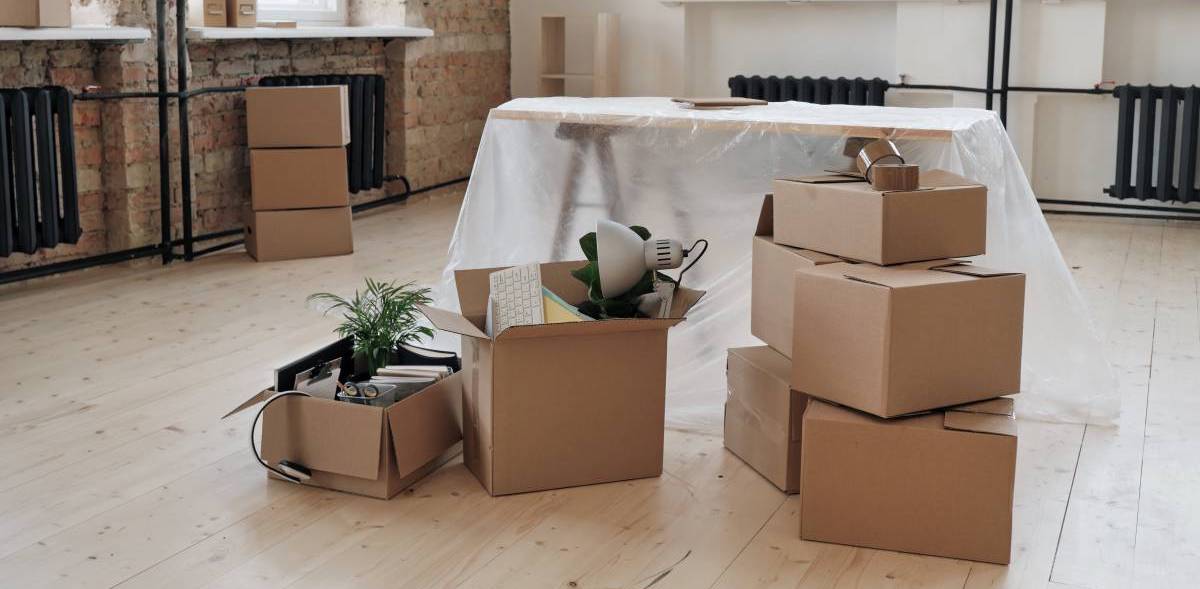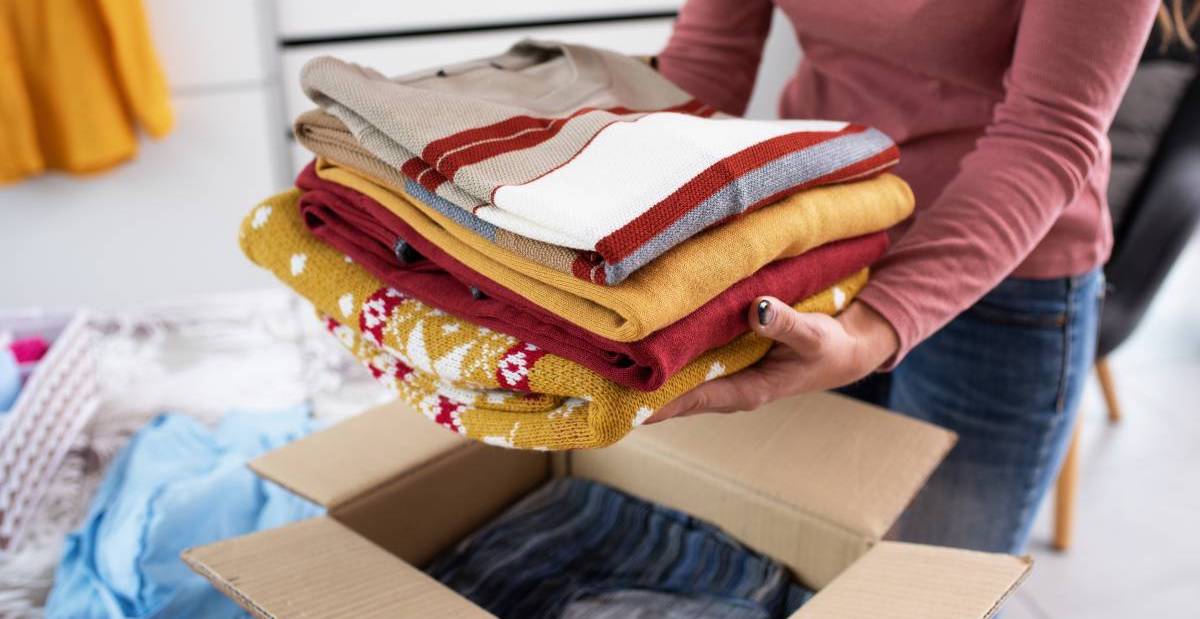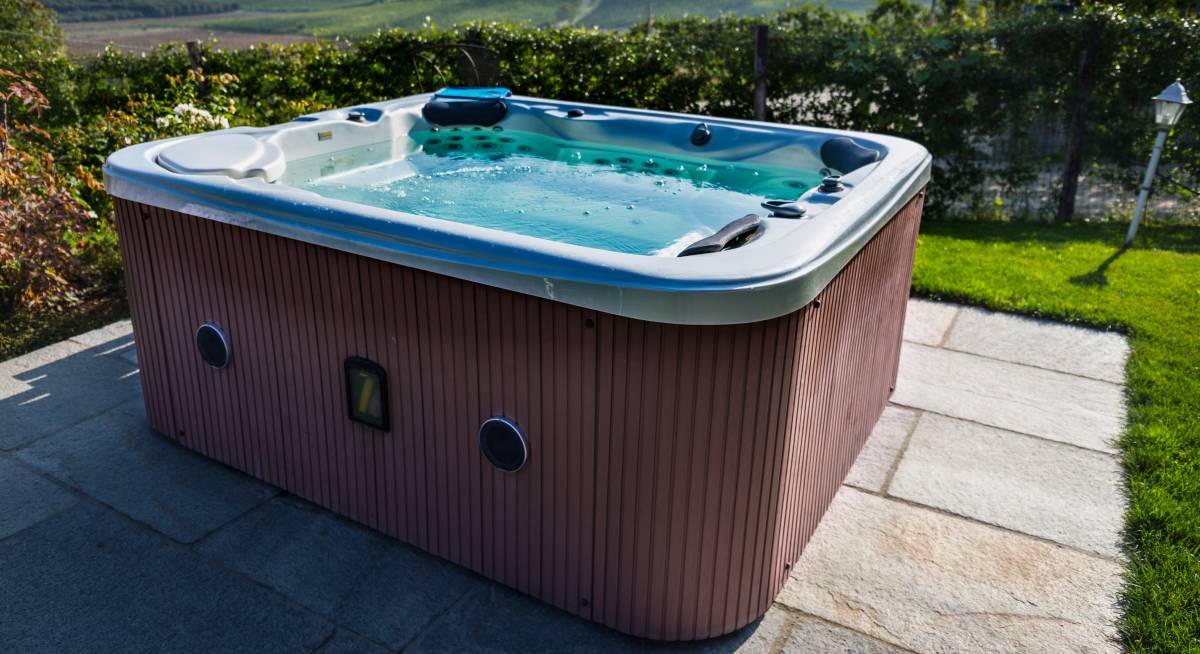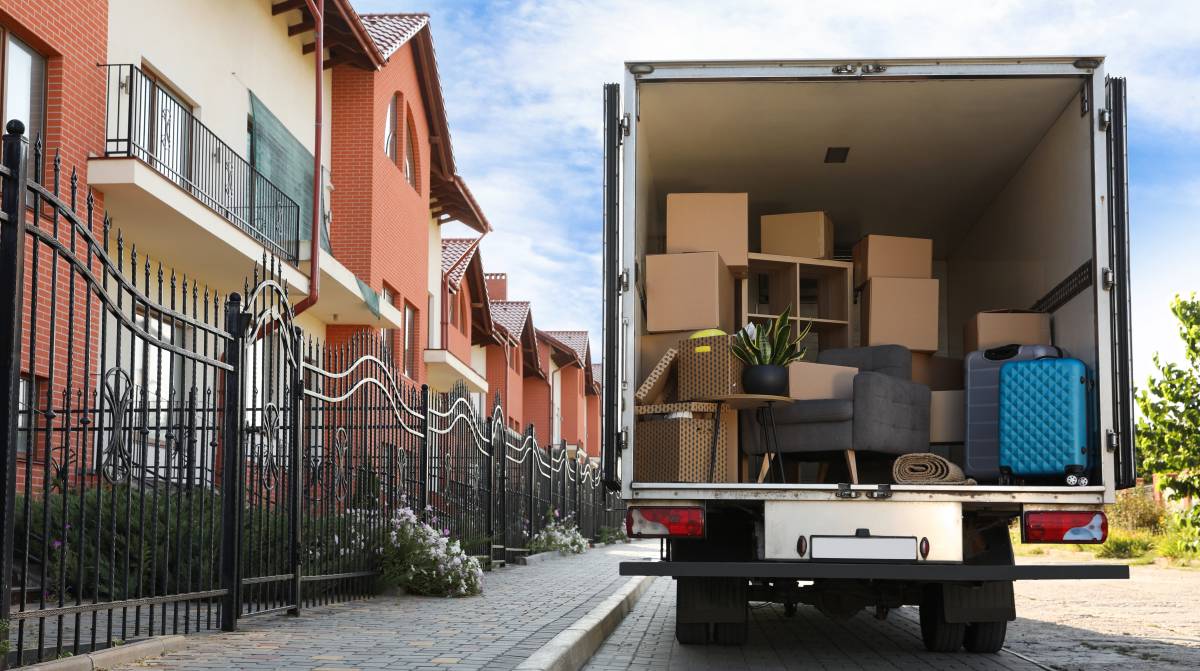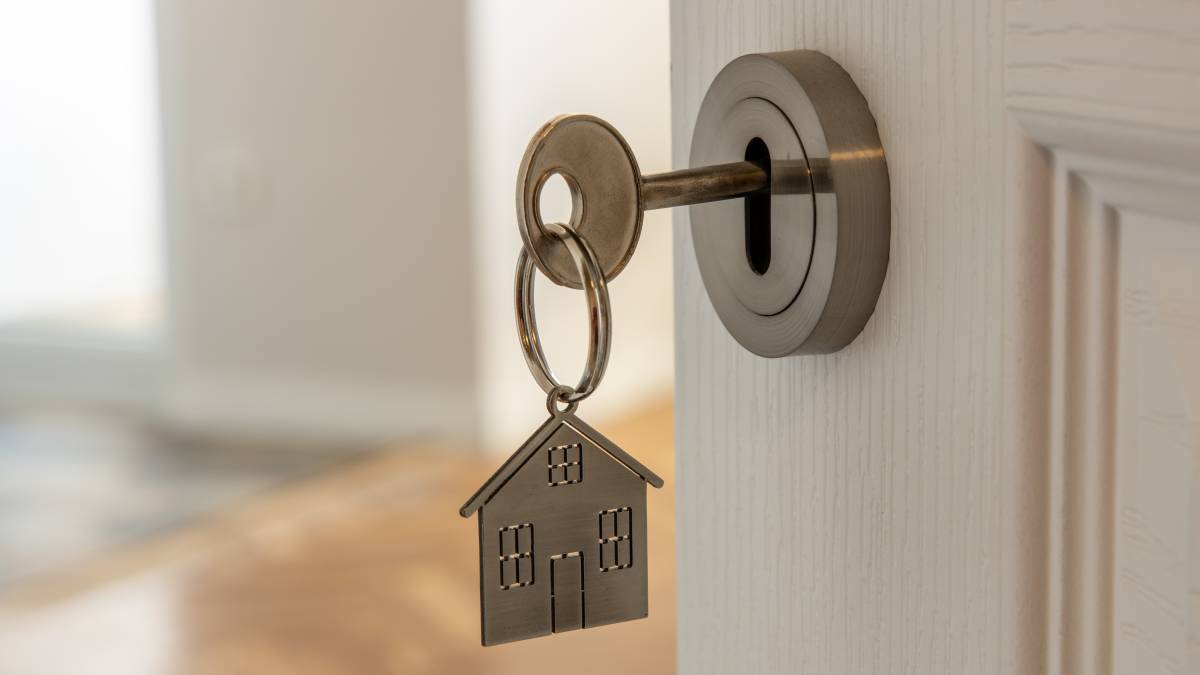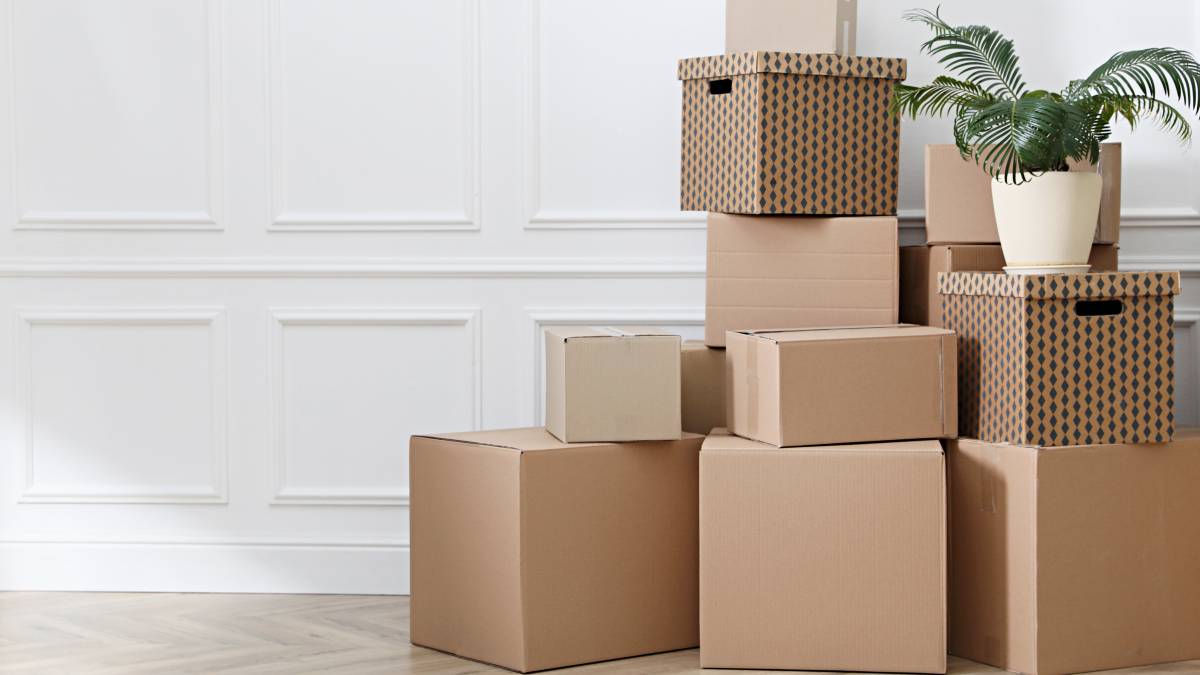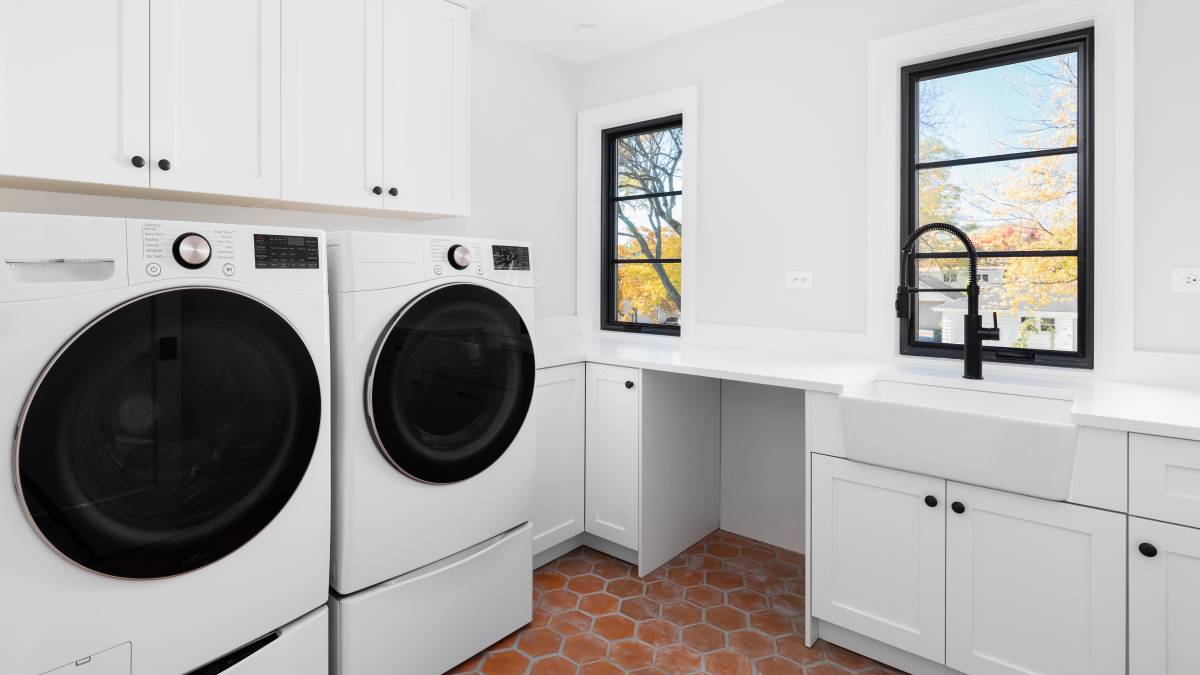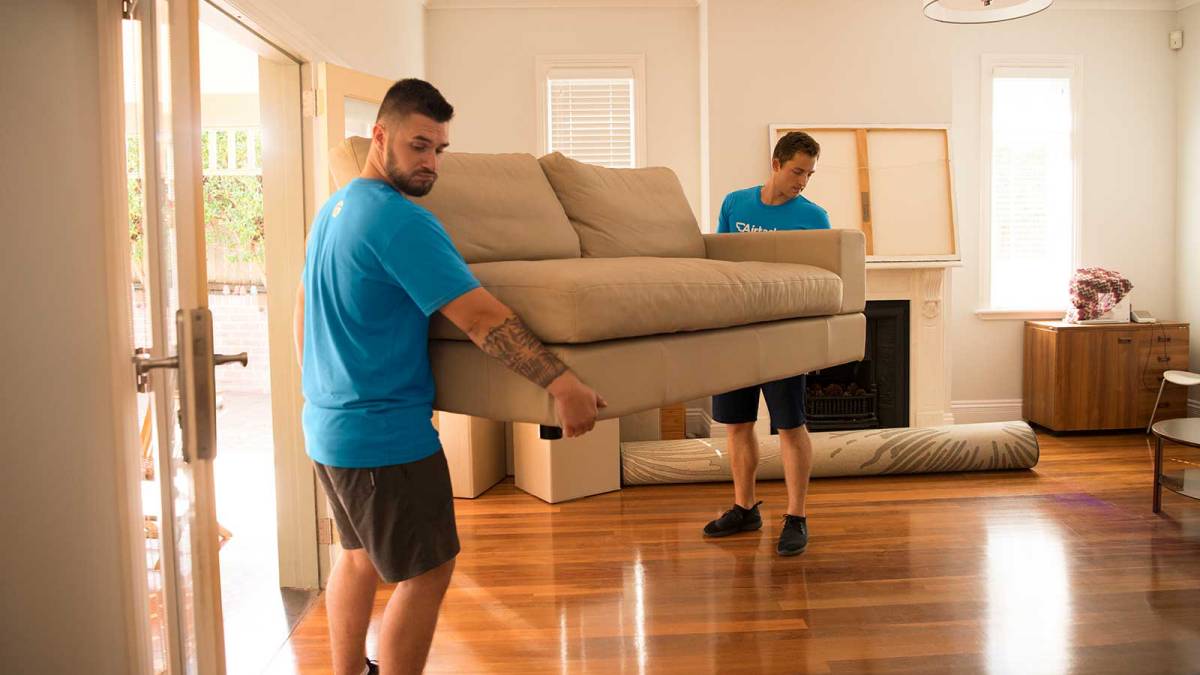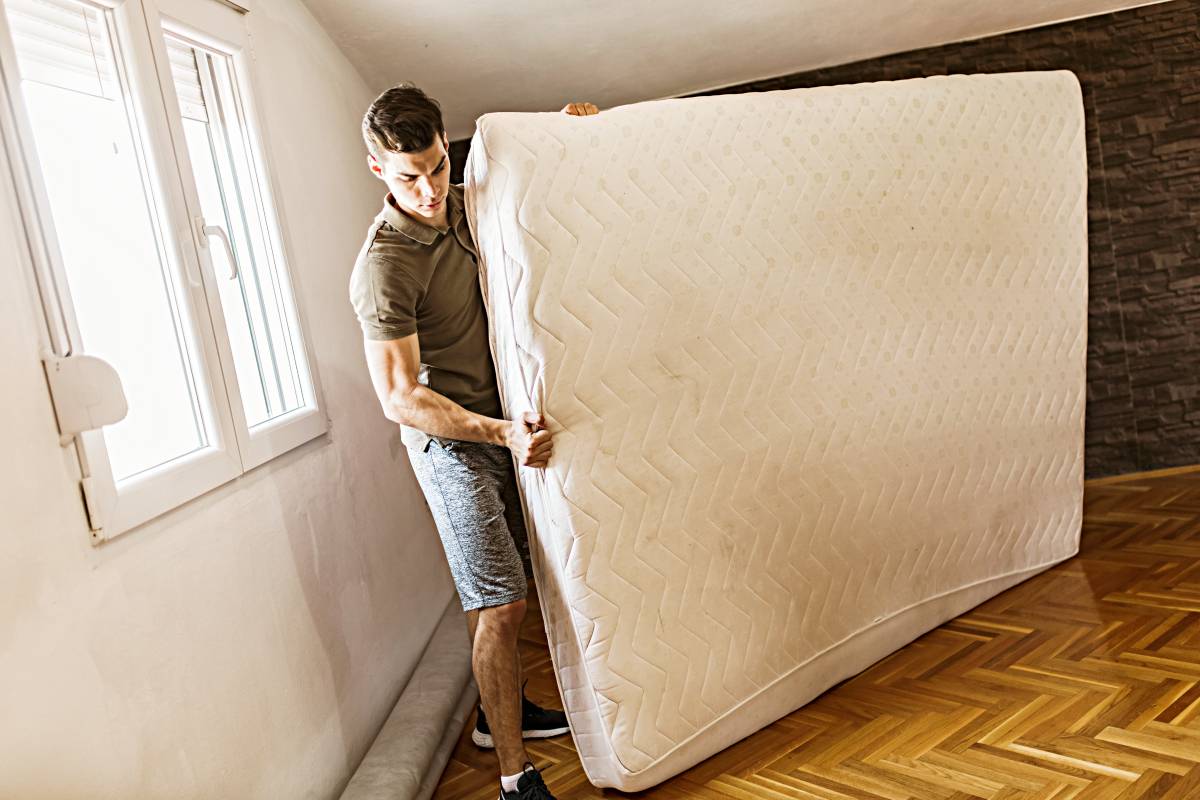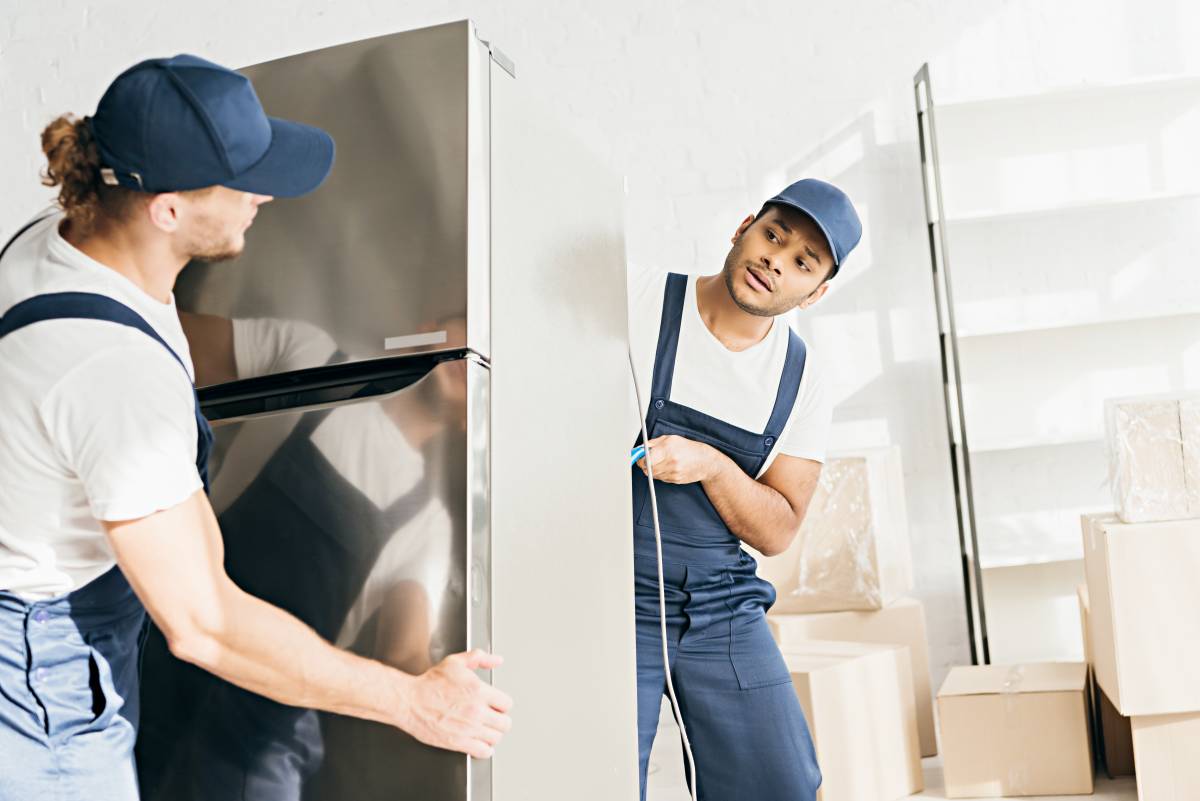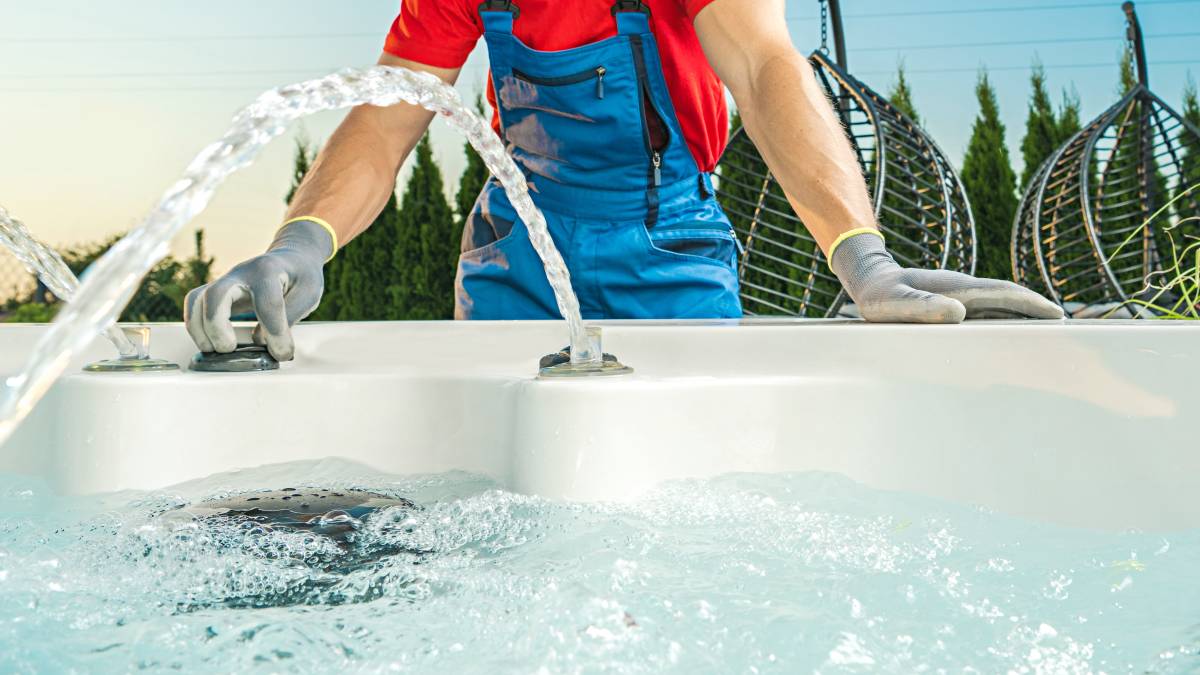
What moving companies won’t move
A list of what moving companies don't pack and move for clients
Hire a removal servicePublished on
Behind each successful relocation is a tedious packing, transporting, and reassembling process. Considering everything you need to do, hiring a removalist will help you reduce the stress of the whole endeavour. But before getting into it, it’s wise to know what movers won’t pack or move.
Explosives and perishables are just some examples of what moving companies won’t move. These are prohibited for safety, local regulations, and other reasons. If you’re starting to feel overwhelmed, this guide will help you plan better and make the necessary arrangements for your things.
What will movers not pack?
Whether you’re moving somewhere near or far, here’s a list of items not allowed by removalists.
1. Dangerous goods
Removal companies won’t move dangerous goods. These items could leak and cause a fire inside the moving truck. Due to the nature of these items, you’ll need to decide if you’d like to keep or dispose of them. Here are some examples of dangerous goods:
Explosives (firearms, ammunition)
Toxic substances (pesticides, cyanides)
Flammable liquids and solids (acetone, petrol)
Oxidising substances (benzoyl peroxide)
Corrosive substances (hydrochloric acid)
Other items (dry ice)
For guidance on responsible moving and disposal, connect with your local Health and Safety Agency.
2. Cleaning supplies
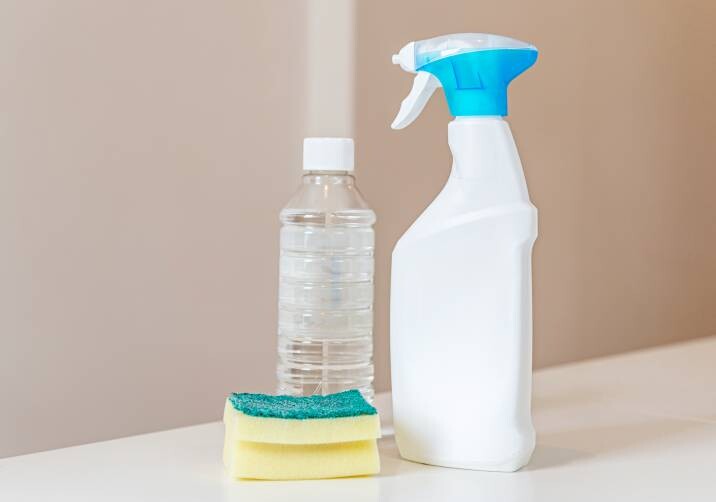
Once you arrive in your new home, you’ll need supplies to ensure the place is clean and tidy. However, it is recommended to buy new materials, as removal companies won’t move cleaning supplies. Alcohol, bleach, and other cleaning supplies are flammable and could cause damage inside the truck. You can bring these with you as you travel or consult your local agency on how to discard them safely.
3. Furry friends
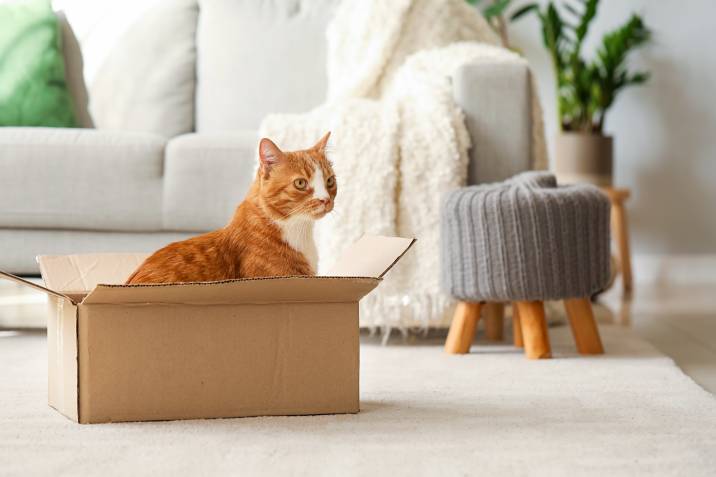
Moving companies are not allowed to transport pets in the UK for various reasons. First, the conditions inside a moving truck also aren’t ideal for animals due to the extreme temperature. Second, pets need to be checked by a veterinarian, get certifications, and be microchipped to manage biosecurity risks. In some states, they might also need to be quarantined.
Whether you’re moving nearby or overseas, hiring a professional pet transport service will help keep you and your pets at ease as you move to your new home. For more information on moving pets in the UK, refer to this guide.
4. Living plants

Do moving companies move plants? They usually don’t. Plants could carry unseen pests or parasites that could infest your new home. Local councils have different regulations for moving plants. It is also highly likely that your plants won’t survive the trip due to the extreme conditions at the back of the truck.
Before your big move, you could gift your plants to your neighbours as a keepsake or donate them to public gardens. If you’re only moving a few blocks away and your plants are small, you can also transport them in your car.
5. Perishable food items
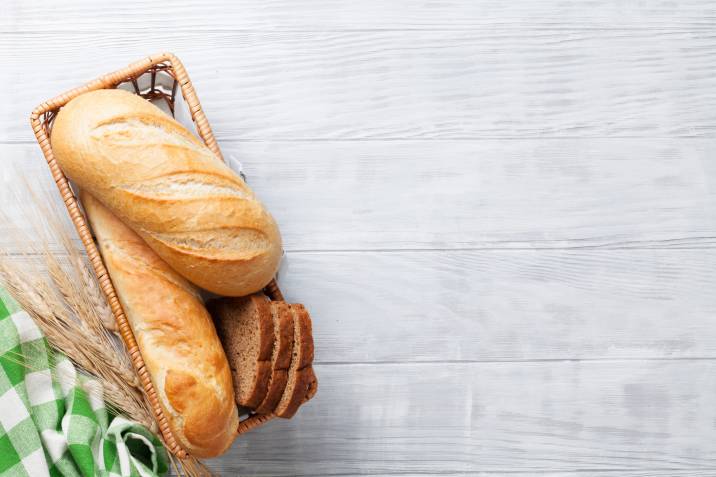
You’d least expect food to be included in a list of non-allowables. But it does make sense. Your soup, leftover pizza, or bread could spill and cause rot and mould in your belongings, moving equipment, or even the truck. It also attracts pests and can lead to an infestation. To prevent these from happening, finish your meals before the move or donate excess food to your local shelter.
6. High-value items

Removal will not transport valuables like jewellery, cash, electronics, and collectable art. Sentimental and essential items, like family heirlooms, medical records, and home or car keys, are also excluded. This protects removal companies from liability in case of loss or damage to the items.
Tips before your big move
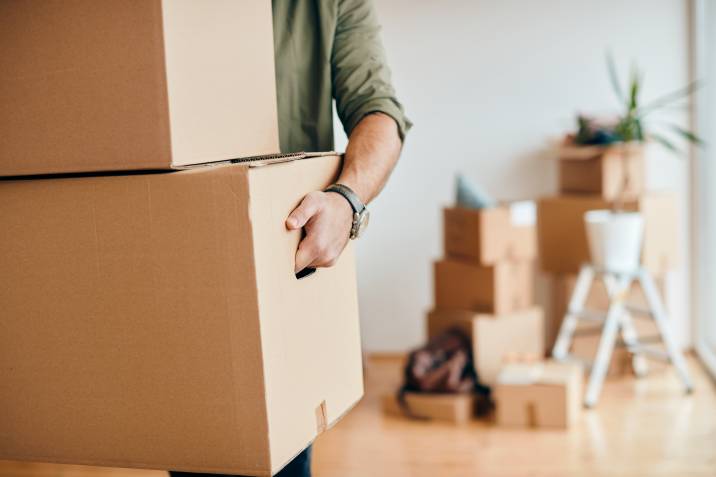
With the multiple things you need to plan and do before your big move, it’s easy to feel overwhelmed. Here are some tips to help you stay calm:
Review your items and decide which ones should be donated, disposed of, or kept. Remember to dispose of things responsibly.
Create a schedule for each task and include a point of contact.
If moving interstate, contact your current and future local councils to ensure you abide by local regulations, especially in moving hazardous items, animals, and live plants.
Wear comfortable clothing and safety gear, especially when handling hazardous items like bleach or gasoline.
Lastly, it helps to ask for an extra hand from a trusted friend to lessen the load.
Move your belongings safely with Airtasker
You might be inclined to simply pack all items like you usually do. After all, accidents rarely happen, right? Don’t give in! Damaging your property and risking movers’ safety is costlier than spending time to plan for a responsible move. If you lack time, Taskers can do it all for you. From planning and packing to actually moving, get all the help you need by hiring a trusted removal service on Airtasker.
FAQs
Packers in the UK will not pack items prohibited by law, including weapons and dangerous goods such as explosives or flammable liquids. Additionally, they are unable to pack certain items due to safety reasons, including electronic equipment containing batteries and aerosols. Lastly, furniture with mounted mirrors must be disassembled prior to packing in order for it to be safely loaded into the truck.
No. Laundry detergents contain a high concentration of chemicals that are hazardous if not handled properly. These chemicals are flammable, posing a significant risk during transportation.
If you have a low budget, items that are not worth moving include bulky furniture such as couches, large appliances such as refrigerators, and fragile items such as glassware and artwork. These typically require special packing materials and/or handling techniques, which can add to the cost of the move. Additionally, transporting heavy or fragile items increases the risk of damage during transport. Thus, it is often better to sell them to cover your relocation costs.
Find house removals, fast
Find a House Removal
Related articles
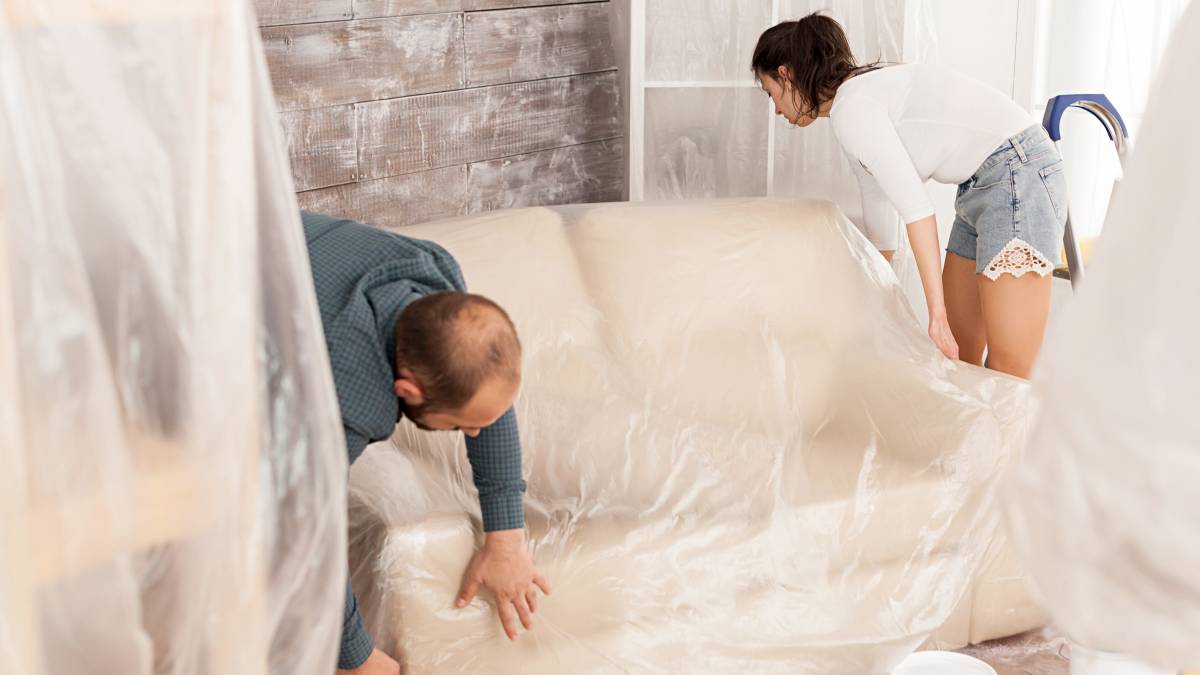
How to wrap furniture for moving
Read more
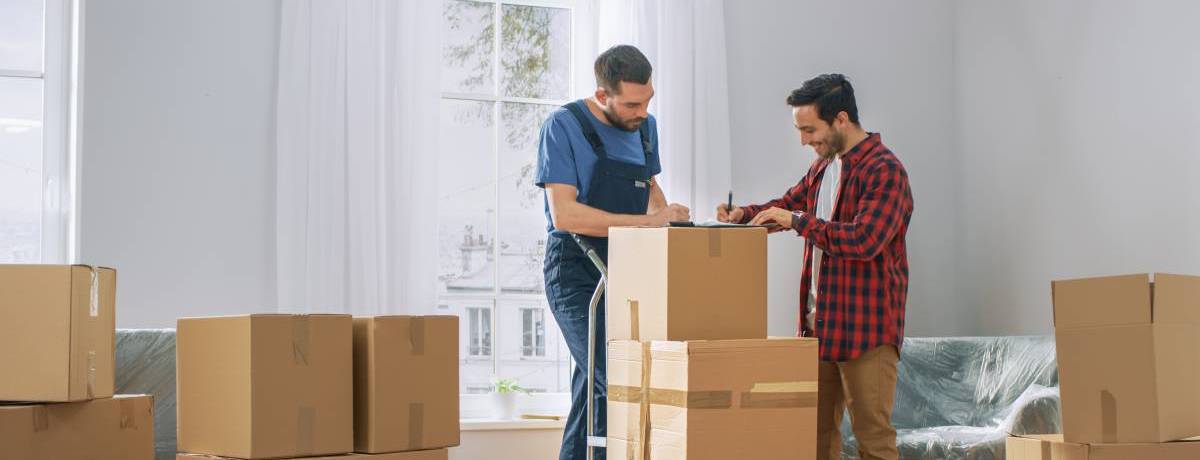
A guide to becoming a removalist
Read more

Tips for moving house with kids
Read more
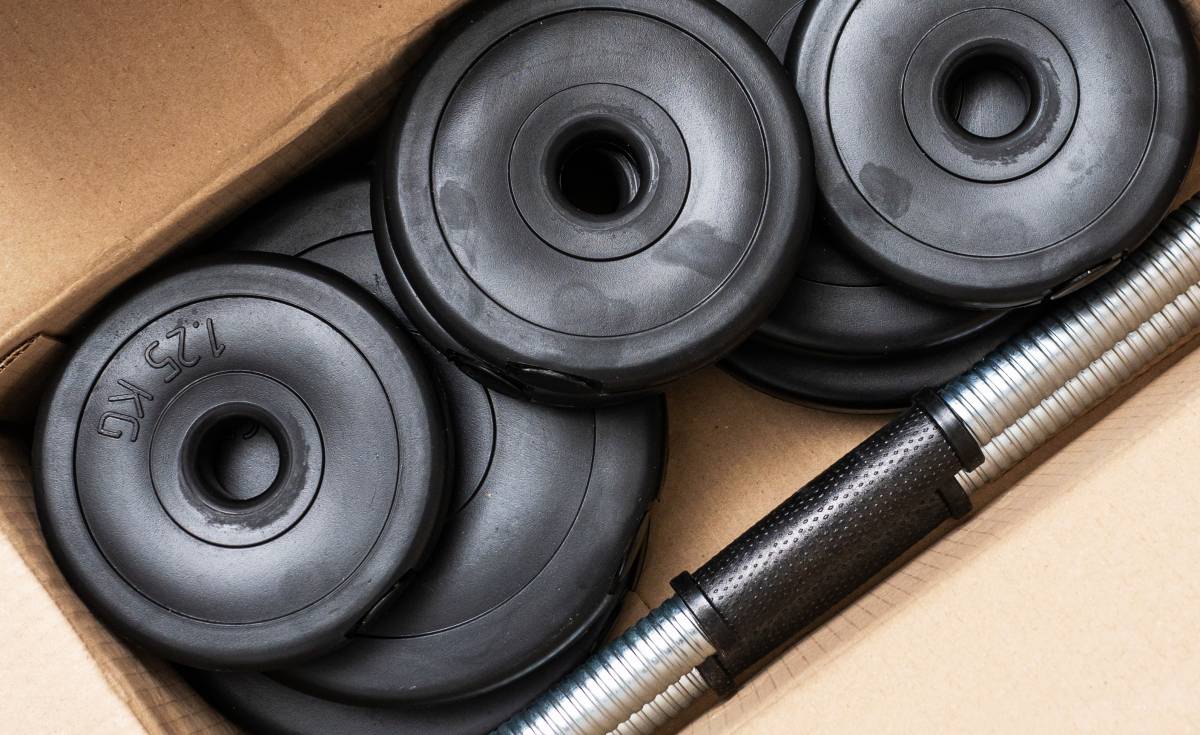
How to move gym equipment safely
Read more

How to pack mirrors for moving
Read more
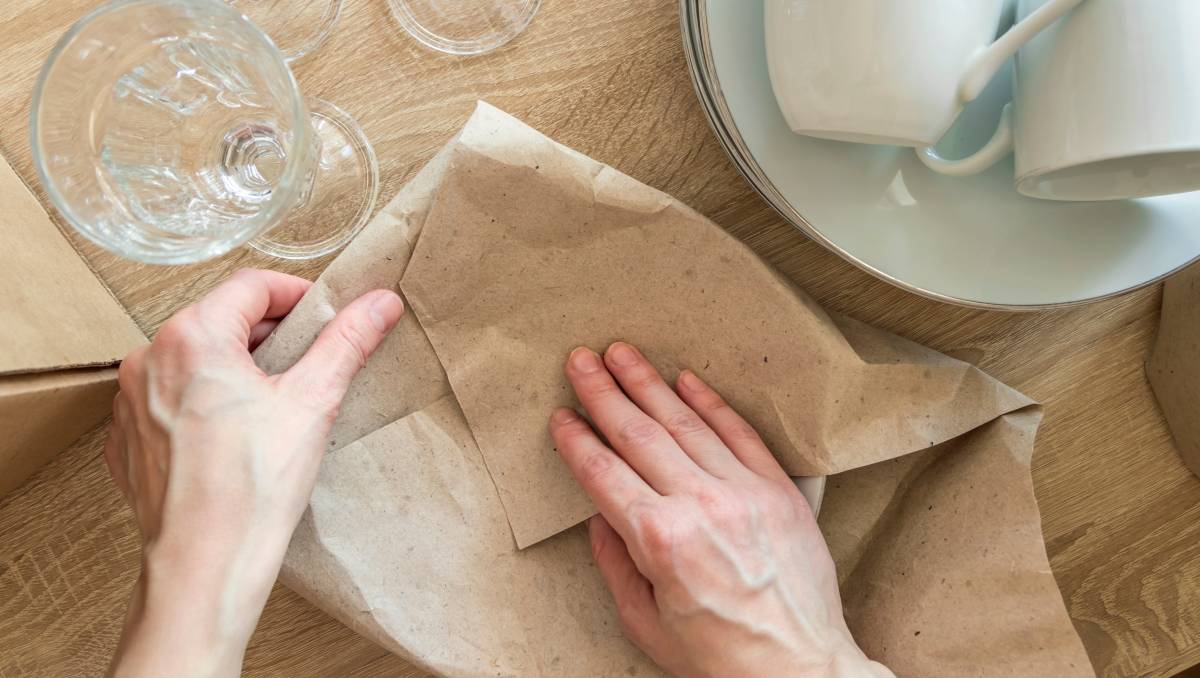
How to pack kitchen items for moving
Read more

How to pack books for moving
Read more

How to pack artwork for moving
Read more
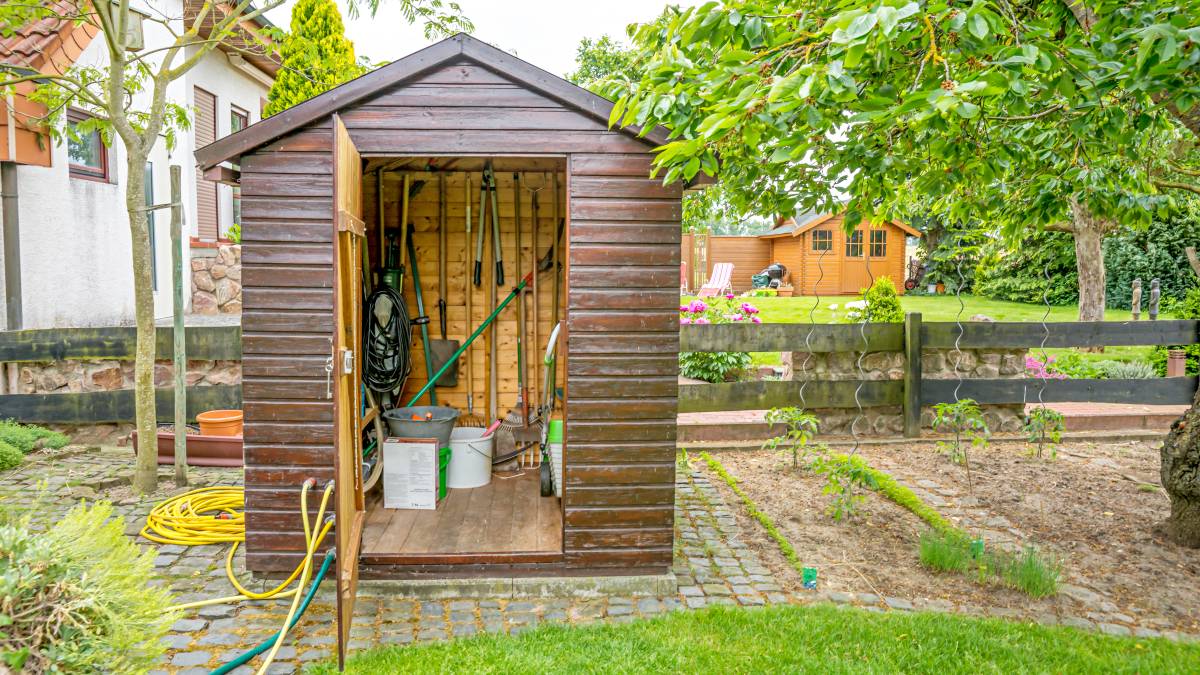
How to move a shed
Read more

How to move a pool table
Read more
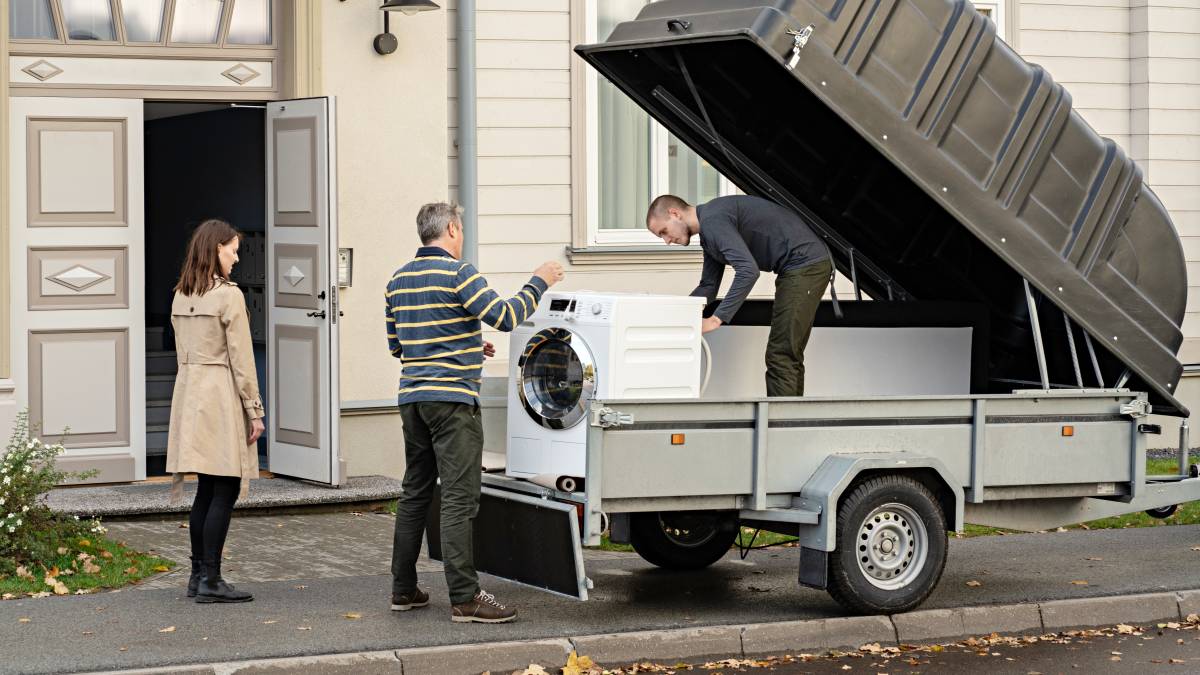
How to move a washing machine
Read more
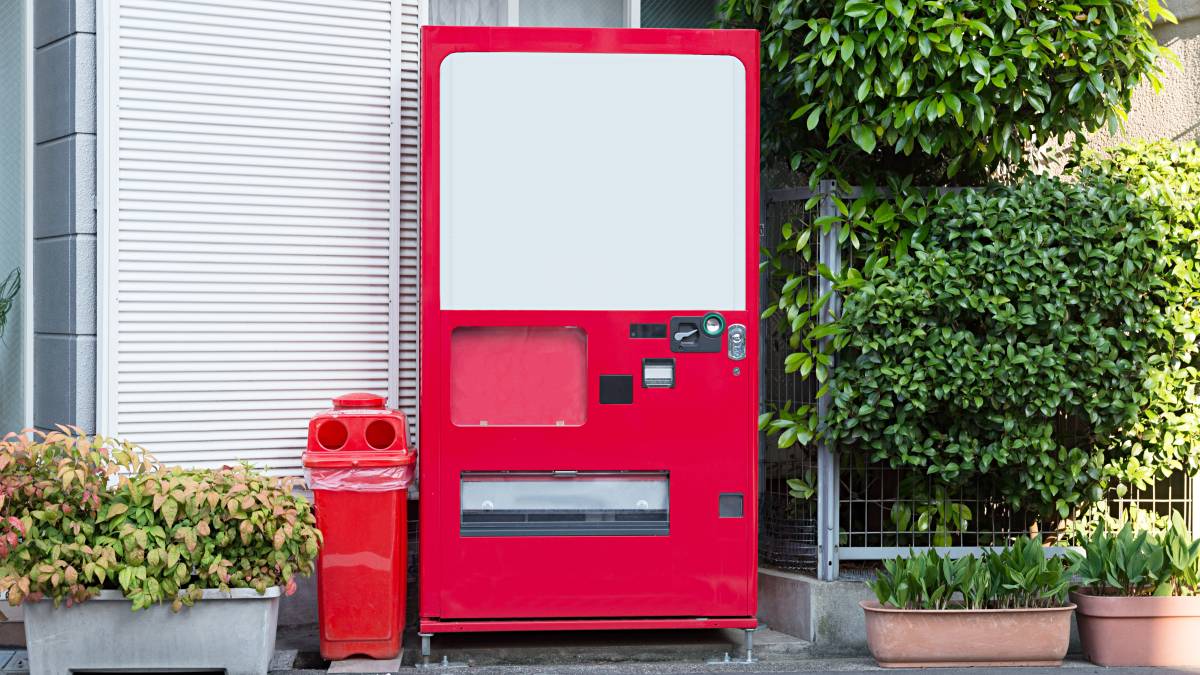
How to move a vending machine
Read more
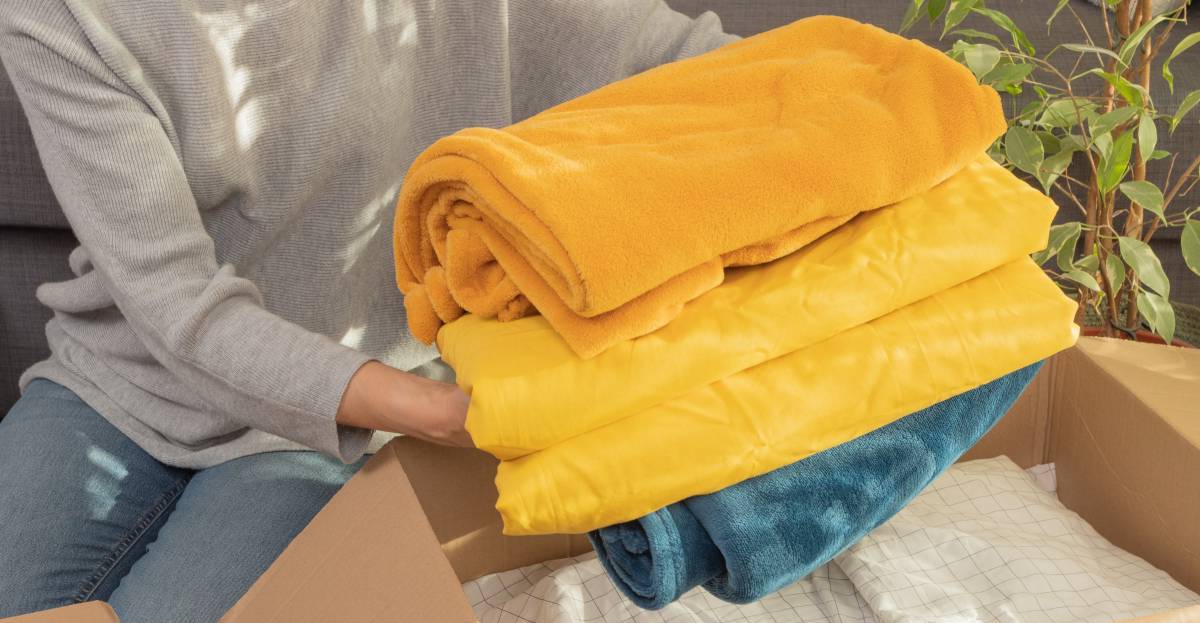
How to pack bedding for moving
Read more
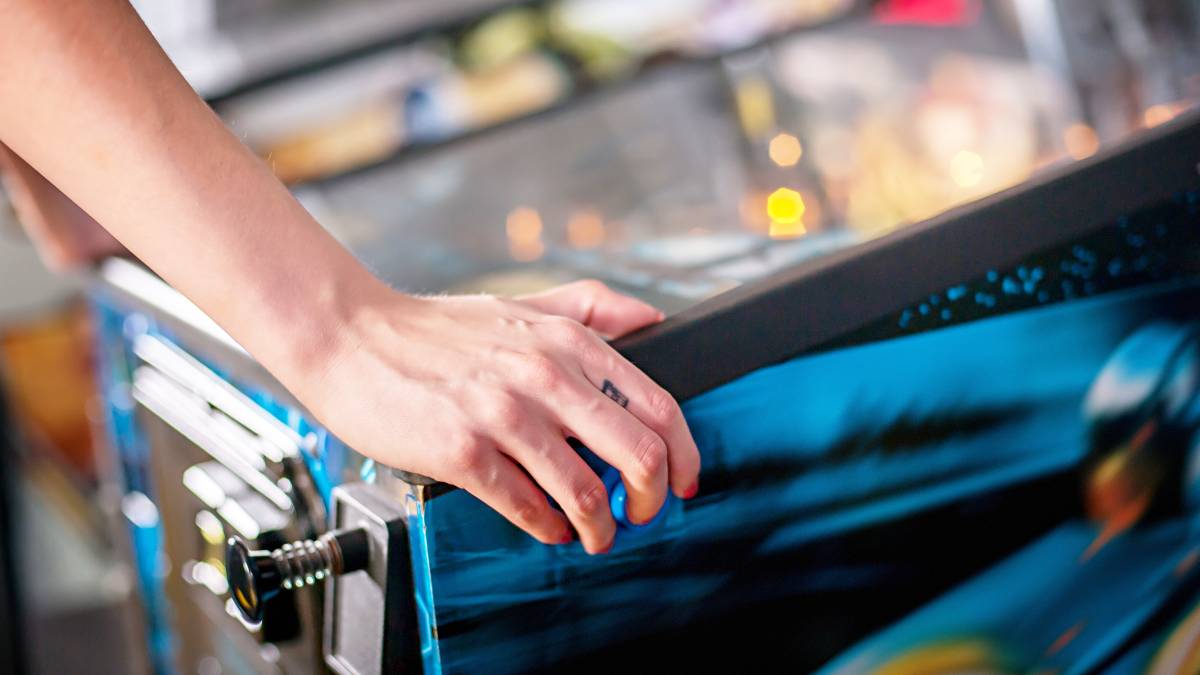
How to move a pinball machine
Read more
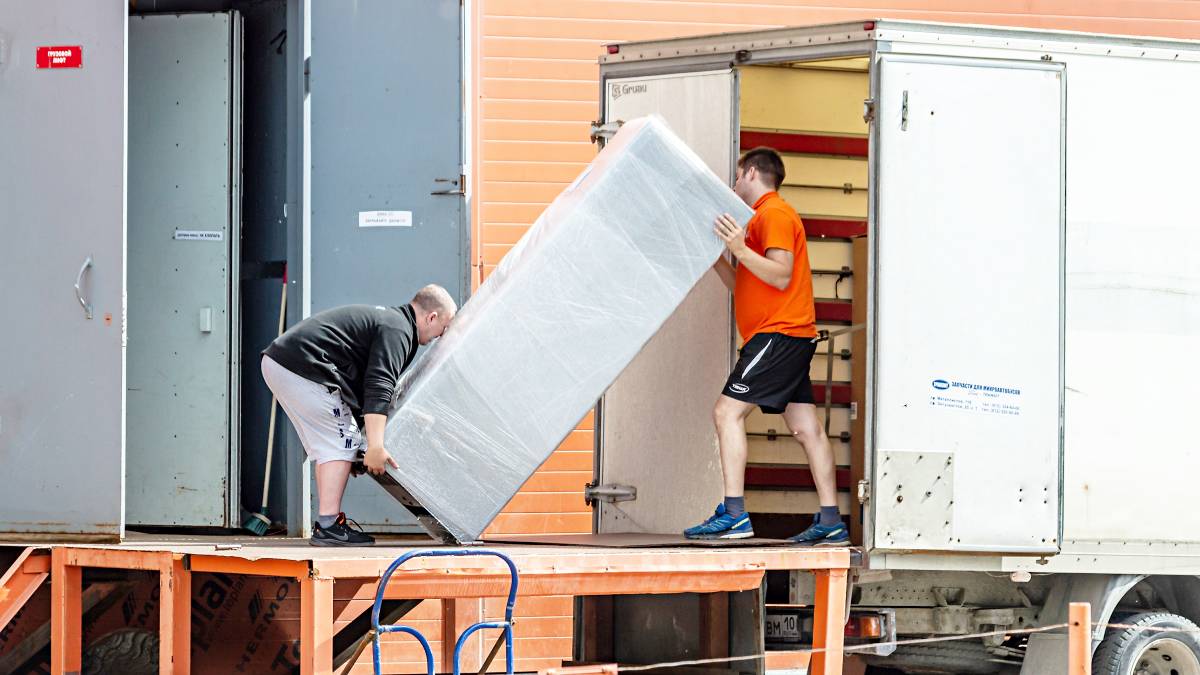
Moving a fridge: How to do it right
Read more
Related price guides
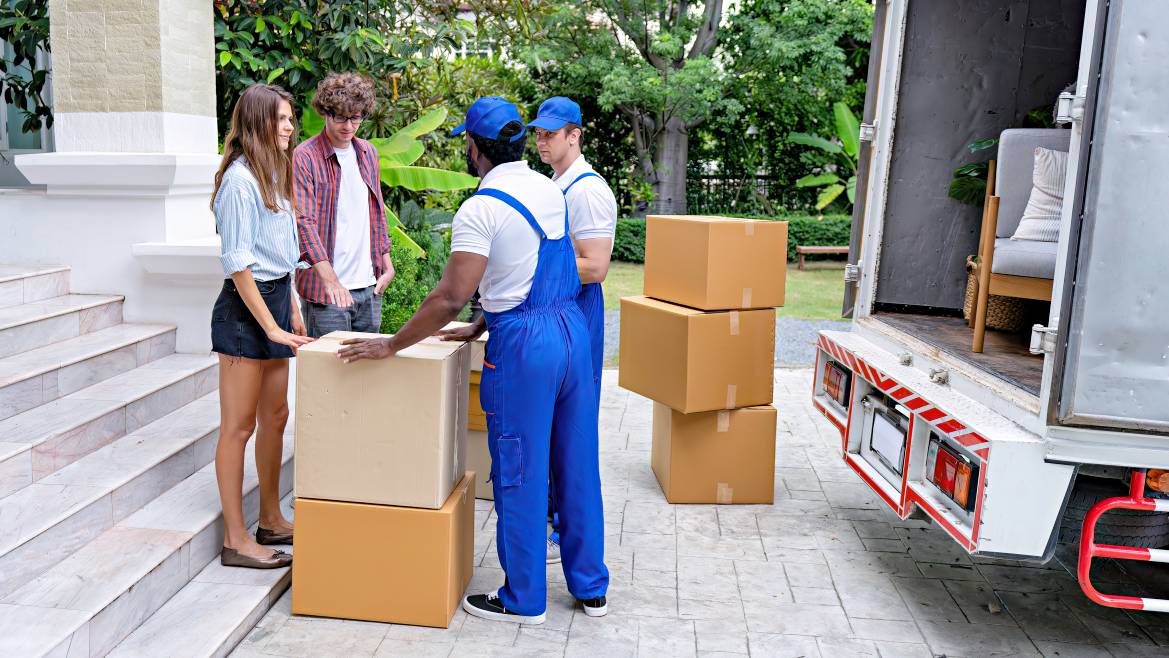
How much do removals cost?
Read more
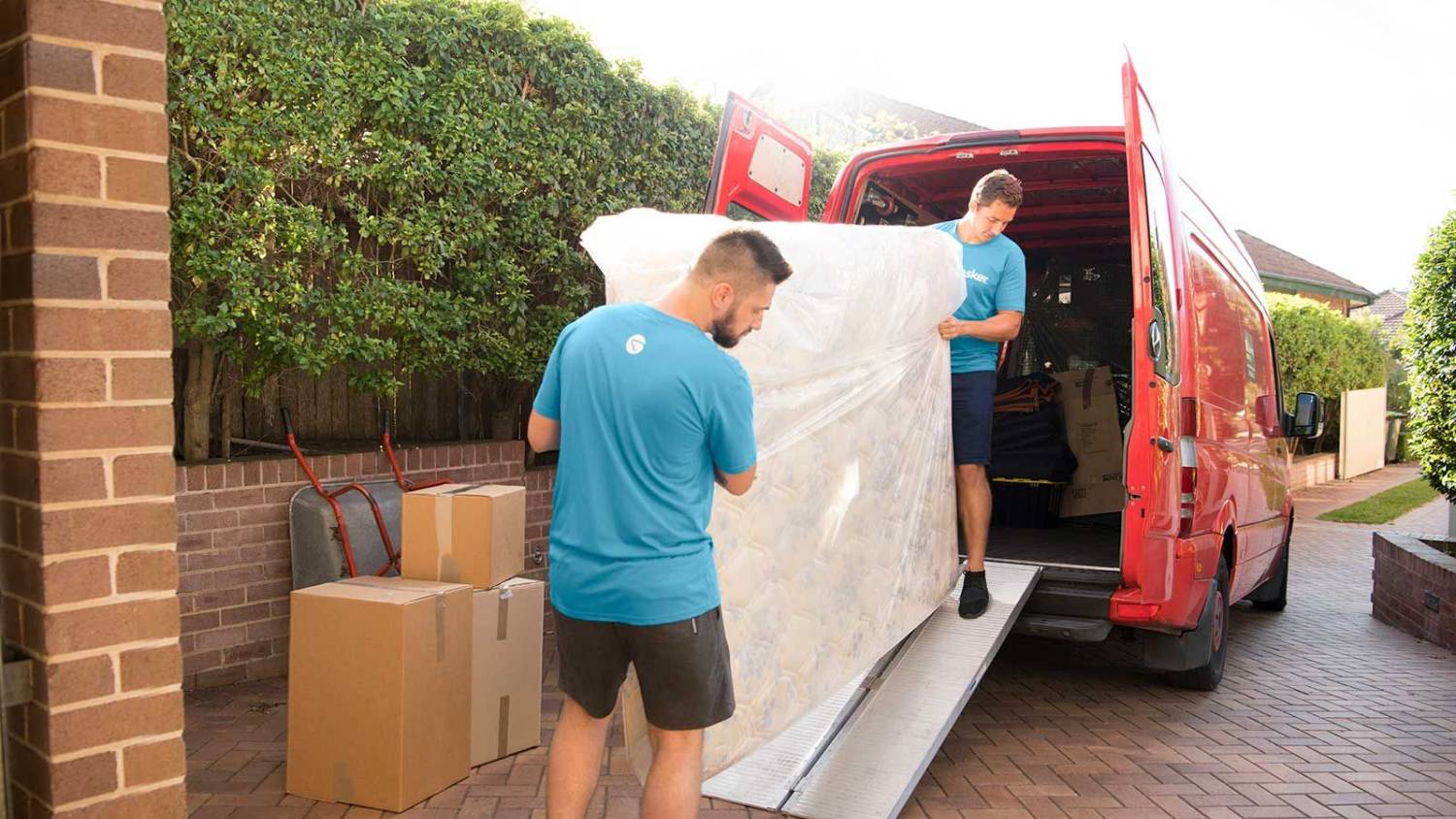
How much does it cost to move house?
Read more
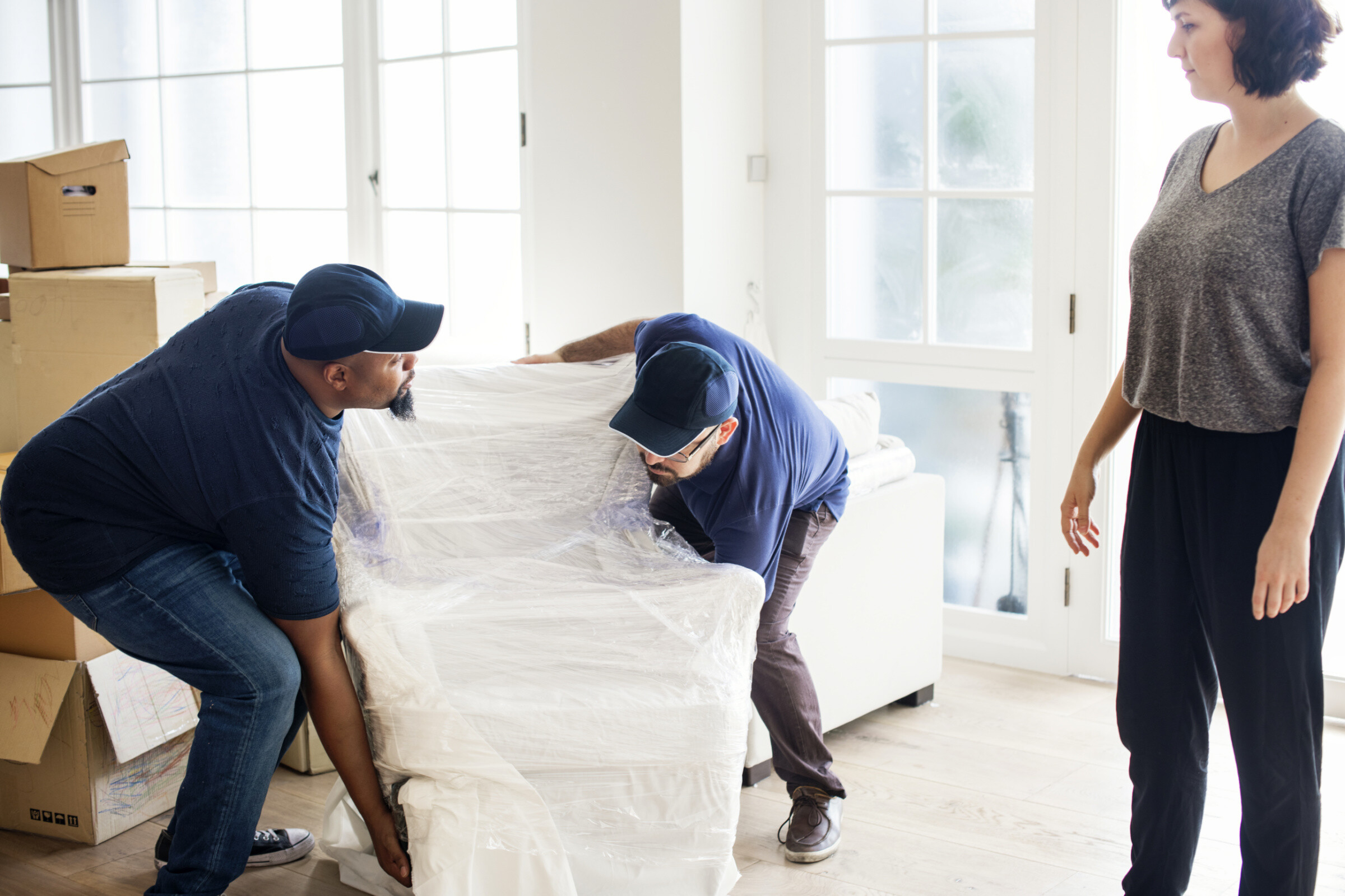
How much does it cost to move house?
Read more
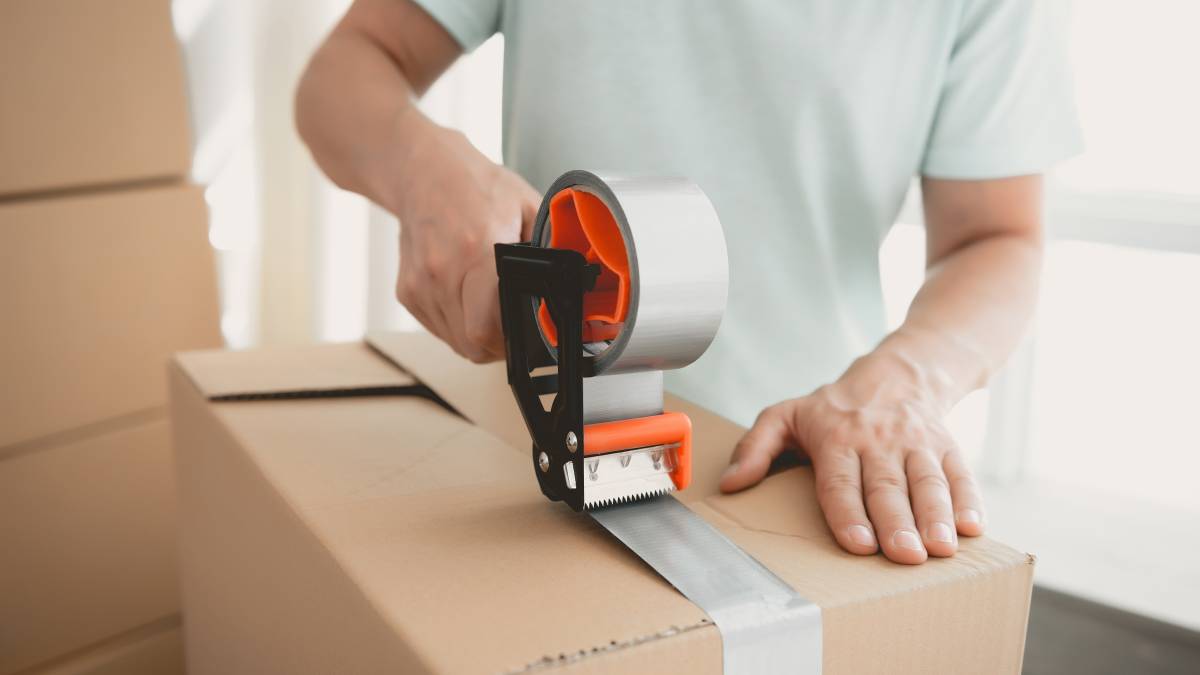
How much do packers cost?
Read more
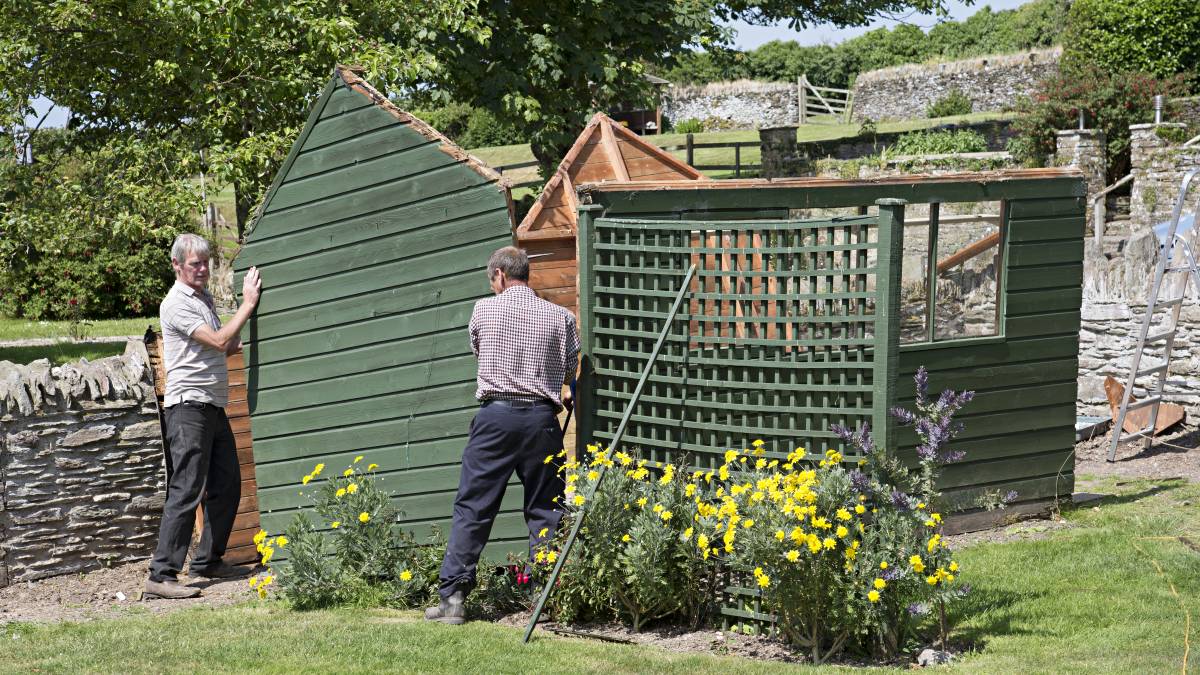
How much does shed removal cost?
Read more

How much does piano moving cost?
Read more

